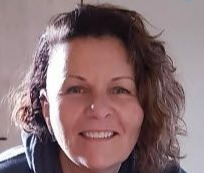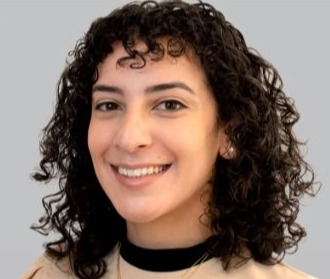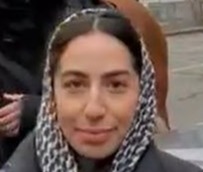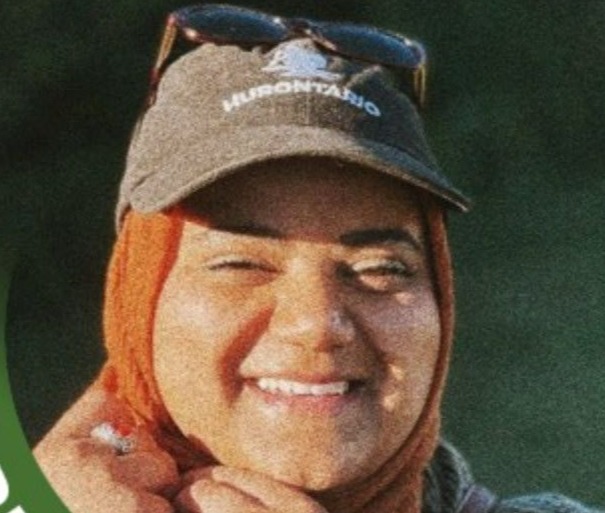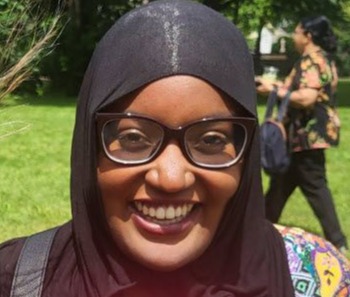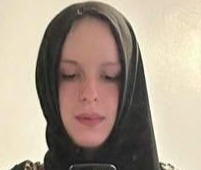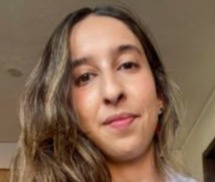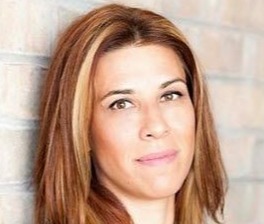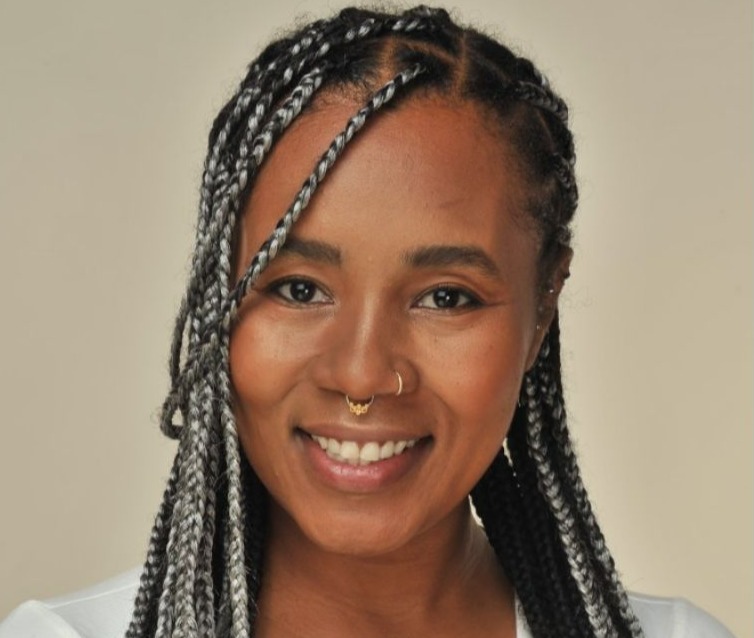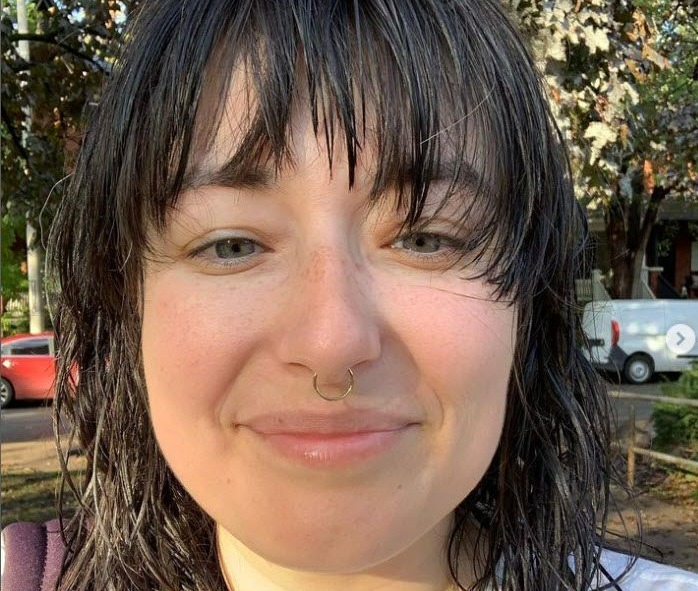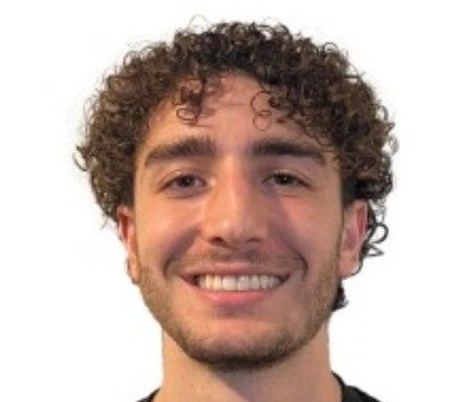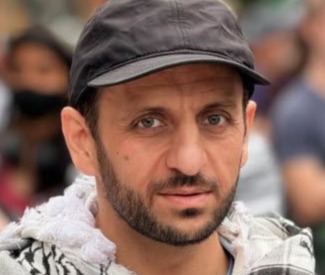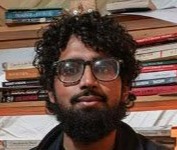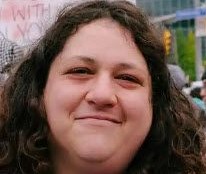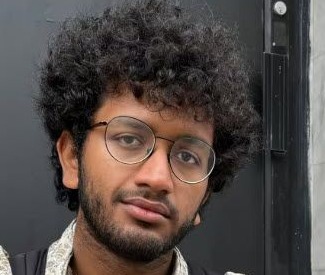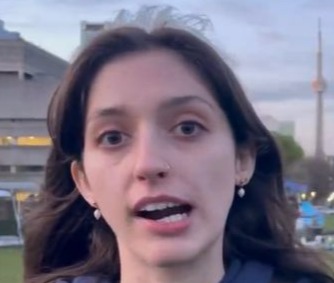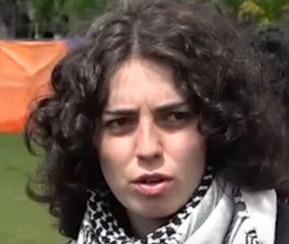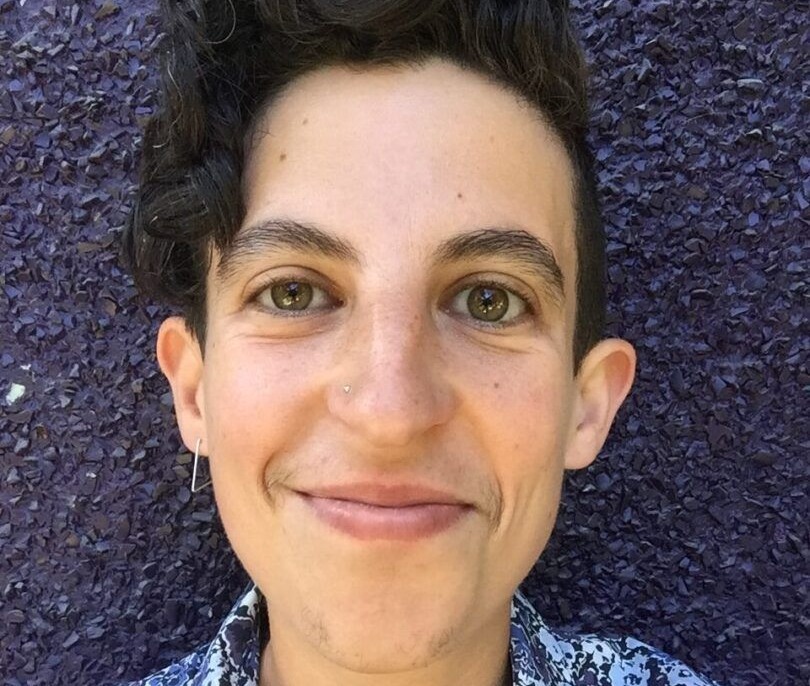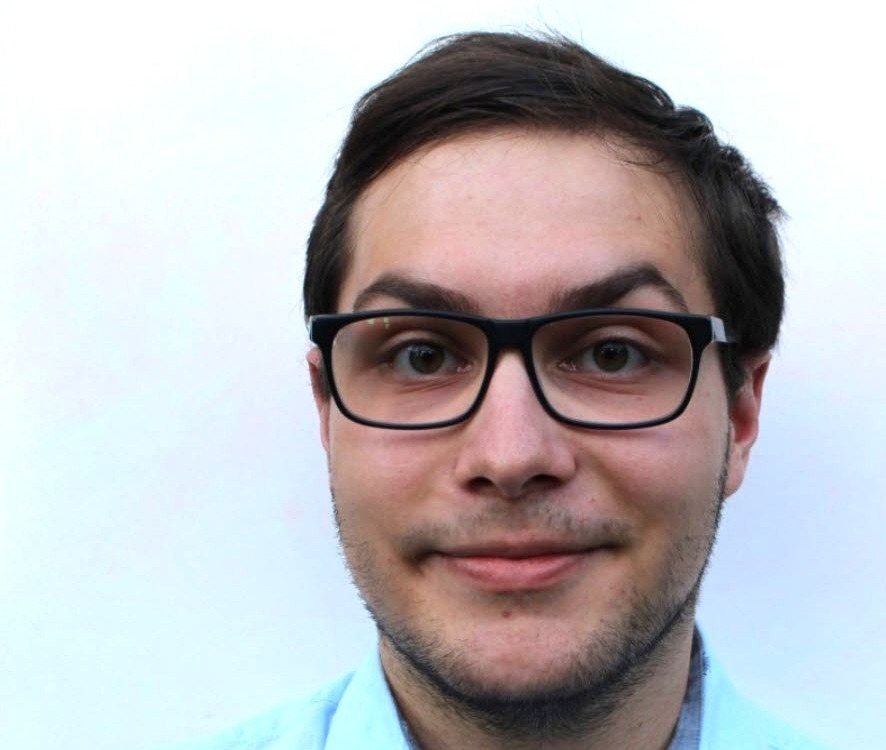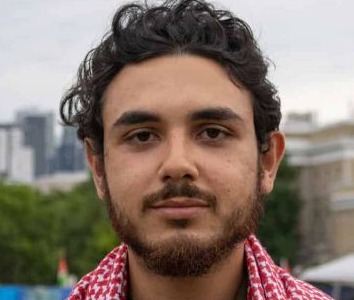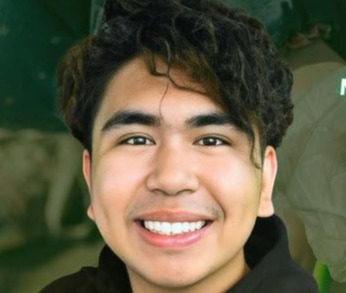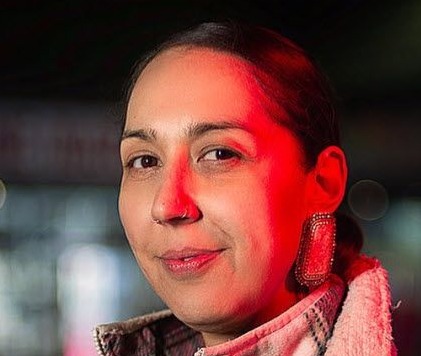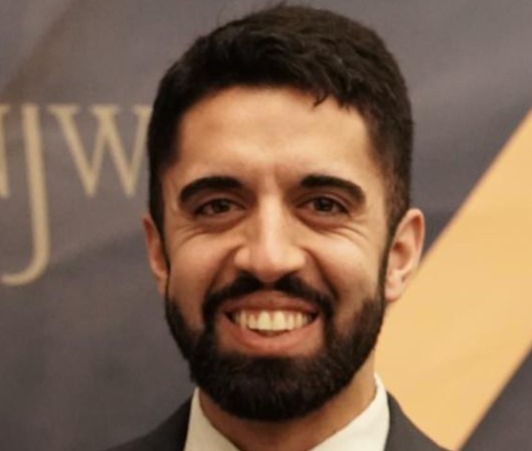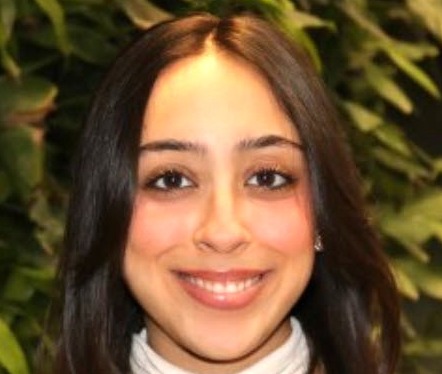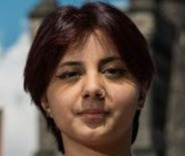University of Toronto’s Encampment
University & Faculty Complicity
University of Toronto’s Encampment
University & Faculty Complicity
- 1. Antisemitic Harassment, Bullying & Violence
- 2. Methodology
- 3. Key Findings
- 4. “Not a Student Encampment”
- 5. Faculty Support
- 6. Outside Agitators: Pro-Terror Groups
- 7. Violating UofT Code of Conduct
- 8. Antisemitic BDS Tactics Used by the Encampment
- 9. Recommendations
- 10. Featured Professors
- 11. Featured Students
- 12. Featured Outside Agitators
Antisemitic Harassment, Bullying & Violence
Executive Summary
UofT’s anti-Israel encampment began on May 2, 2024, and continued for nearly two months before legal action was initiated to dismantle it. It took the university over three weeks to issue a trespass notice and when the deadline arrived, the administration allowed protesters to remain on the site.
At the same time, the administration engaged in negotiations with protesters. Their demands included:
(1) Disclosure of all investments, short-term assets and financial holdings,
(2) Divestment from any of the above from direct and indirect connections to Israel, and
(3) Termination of all partnerships with Israeli academic institutions that either operate “in settlements in the Occupied Palestinian Territories” or “support or sustain the apartheid policies of the state of Israel and its ongoing genocide in Gaza.”
After almost two months, the university sought an injunction to clear the encampment. The Ontario Superior Court granted an injunction, setting a deadline for protesters to dismantle the encampment by July 3, 2024.
The protesters dismantled the encampment only after being threatened with police action (sanctioned by the injunction) on July 3, 2024.
The encampment was led by a coalition called UofT Occupy for Palestine, whose leaders expressed support for Hamas terrorists. Most of the leaders were affiliated with outside, pro-terror organizations.
Participants in the encampment expressed significant support for terror and antisemitism, harassed Jewish and Zionist staff and students, and caused extensive property damage.
Methodology
Canary Mission conducted a comprehensive investigation into the University of Toronto's anti-Israel encampment. Our report examined the individuals and groups involved, including external, pro-terror organizations.
Canary Mission’s UofT report includes 248 profiles of individuals who supported, participated in or spoke at UofT’s encampment.
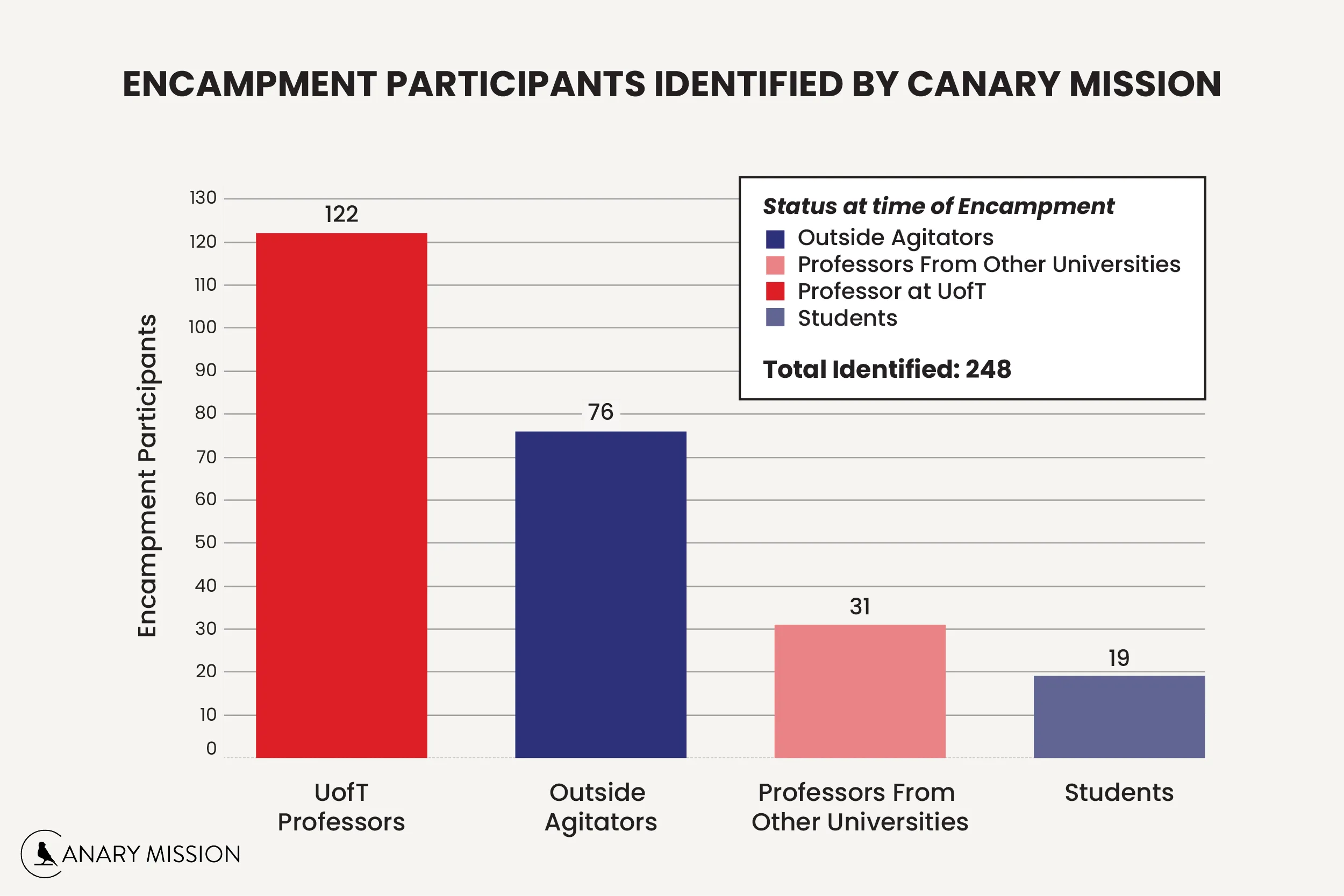
We also examined the complicity of the UofT administration and its effect on the participants who were emboldened to harass “Zionists” and any other member of the UofT community who refused to pledge loyalty to the encampment’s principles.
The findings of this report highlight the urgent need for the university to take decisive action to protect Jewish students and ensure their safety. We call on the administration to address these issues and to prevent another school year from being overtaken by antisemitic and pro-terror groups.
It is unconscionable that a publicly funded institution in Canada is allowed to foster such an environment in 2024.
Key Findings
- The Encampment Received Support from Faculty and Staff: The UofT encampment received substantial support from faculty and staff, prolonging its existence and resulting in a lack of consequences for participants.
Canary Mission identified 153 professors who actively participated in the encampment or openly supported it. - Outside Agitators from Pro-Terror Groups Played Leadership Roles: Professional anti-Israel activists helped lead the encampment, serving as organizers, speakers and “educators.”
Two groups that openly express support terrorism (including for Hamas and the October 7 massacre) – Palestinian Youth Movement (PYM) and Samidoun: Palestinian PRisoner Solidarity Network – participated in the encampment. PYM conducted classes on “resistance,” while Samidoun distributed Hamas propaganda booklets. - The Administration’s Complicity Led to Harassment: The UofT administration, including President Meric Gertler, knowingly allowed Jewish and pro-Israel students, faculty and staff to face harassment, intimidation, and verbal and physical abuse from encampment participants.
The administration failed to take swift action to remove the illegal encampment. Instead, the administration legitimized the encampment and, as a consequence, its ideology by engaging in extensive negotiations with the organizers, meeting six times to discuss “terms.” - Protesters Were Rewarded for Illegal and Antisemitic Activity: The administration's willingness to facilitate Occupy UofT’s investigation into the university’s investments in Israel led the participants to declare victory. This response demonstrated that, despite extensive disruption of university life and discrimination against Jews and Zionists, the encampment participants viewed their tactics as successful and are likely to repeat them in the future.
- Extensive Property Damage and Health Hazards: The encampment caused significant and costly damage to the campus, yet no one was held accountable. The administration allowed the encampment to be built on a section of UofT’s campus that had just undergone a multi-million dollar renovation.
When an independent health consulting firm was brought in for a safety check, encampment “gatekeepers” refused to let the firm’s inspectors in. At least seven major health and safety hazards were identified when the inspection was finally carried out.
“Not a Student Encampment”
The encampment protesters attempted to invoke the anti-war protests on college campuses of the 1960s as a precedent for the current encampments. However, the UofT encampment was not a grassroots student protest.
In a May 2, 2024 X thread, Kevin A. Bryan, an economist and associate professor at the university’s business school who secretly infiltrated the encampment, described the moniker of “student encampment” as “just objectively wrong as a description.”
Byran wrote, “I am 40 and no one batted an eye about my age when I was there. Important to get this right … [the] majority I talked to weren't U of T affiliated. We also know that the protest was partly organized by USW [United Steelworkers Union].”
The encampment, which began with a handful of students who set up around 50 tents, became the “home base” for a slew of outside agitators – faculty, health care workers, climate justice groups, labor activists, trade unionists, gay rights activists, socialists/Marxists and activists from local chapters of the anti-Israel, pro-terror groups Palestine Youth Movement (PYM) and Samidoun.
UofT faculty from the “Hearing Palestine” initiative, all of whom have long histories of anti-Israel activism, helped promote, direct and defend the encampment.
Faculty Support
This report highlights 153 professors who supported the encampment. Many of these professors publicly endorsed it by signing a statement issued by members of the University of Toronto community who are aligned with the Boycott, Divestment, Sanctions (BDS) movement. Of these 153 professors:
- 122 are UofT professors
- 31 are professors from other universities/alumni
Some professors took a more active role in supporting the encampment by directly joining the protesters. Canary Mission identified:
- 45 of these professors who actively participated in the encampment
- 6 professors who spoke at the encampment
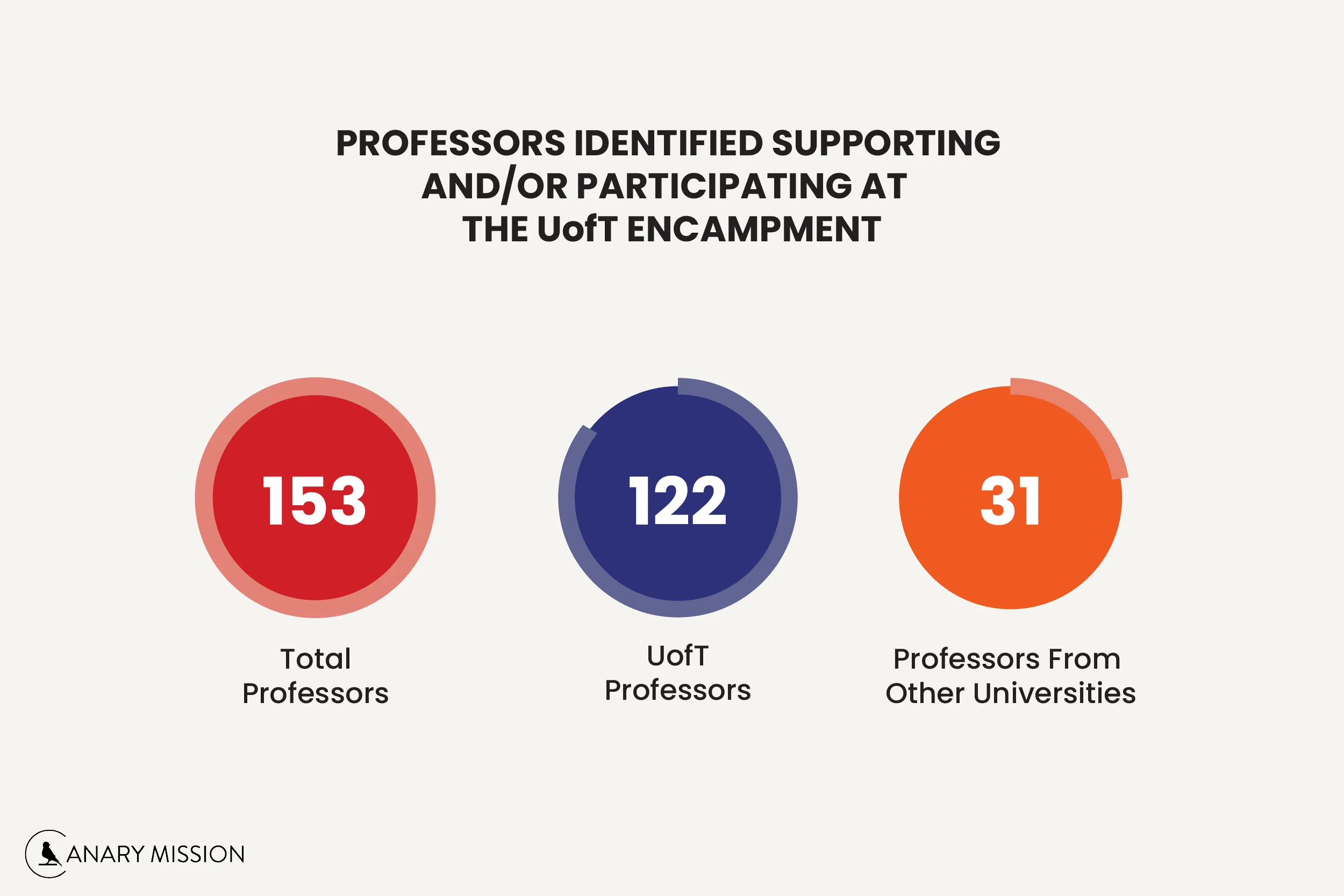
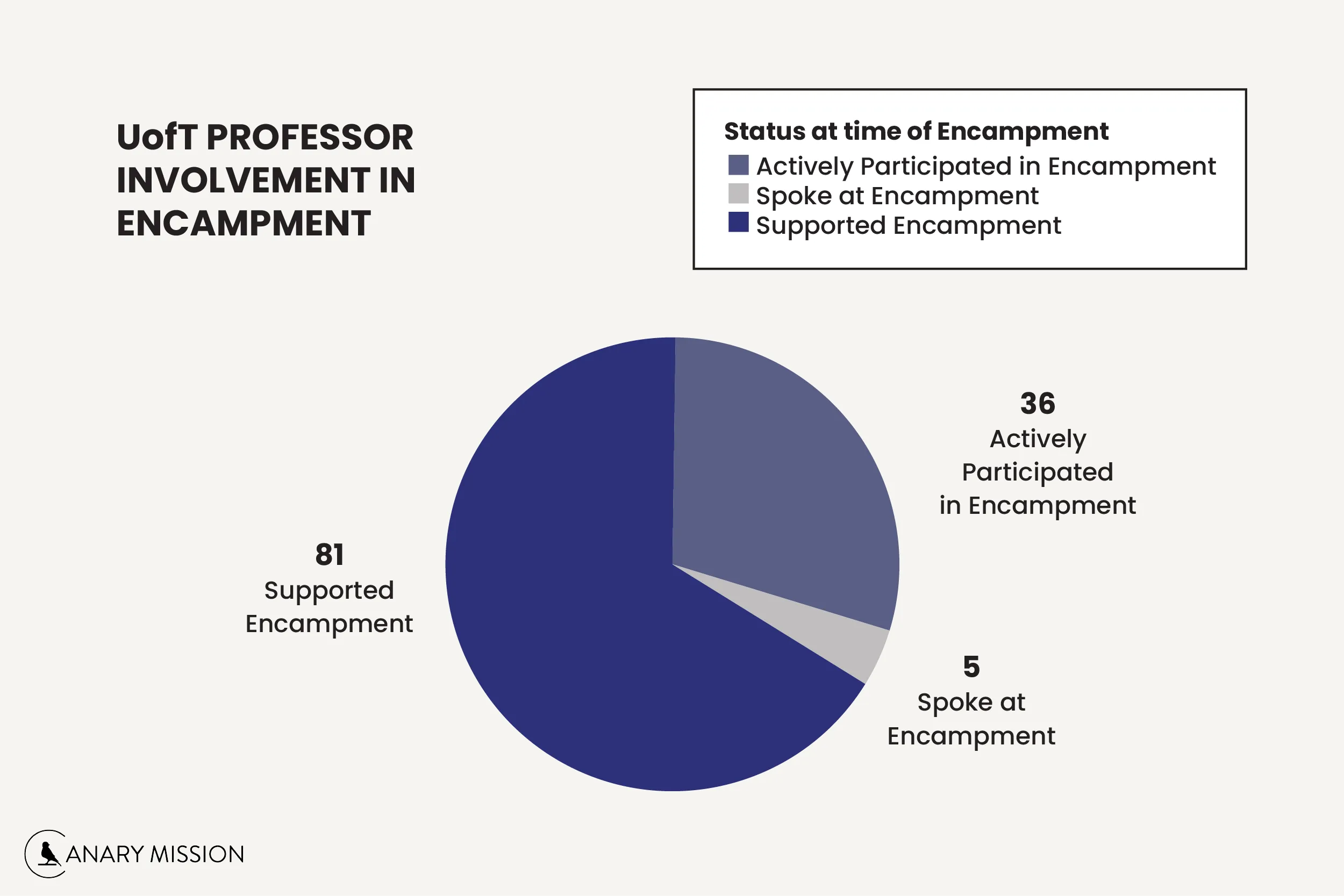
Faculty for Palestine
Members of UofT’s chapter of Faculty for Palestine (F4P), which endorsed the encampment, were active participants. F4P describes itself as “a Canada-wide solidarity network of academics committed to advancing the struggle for Palestinian liberation, justice, and equality through the academic sector.”
F4P claims to have more than 600 members, representing more than 40 universities and 15 colleges across Canada.
F4P Canada's “Basis of Unity” principles declare its goal as “advancing the Palestinian struggle for liberation,” i.e., the dismantlement of the state of Israel.
F4P’s October 2023 “Palestine Digital Action Toolkit” promoted joint action with anti-Israel organizations across the United States and Canada, including American Muslims for Palestine (AMP), Jewish Voice for Peace (JVP) and Within Our Lifetime (WOL).
The toolkit also offered “Learning & Teaching Resources” for “Palestinian Resistance” that promoted PFLP terrorist Ghassan Kanafani.
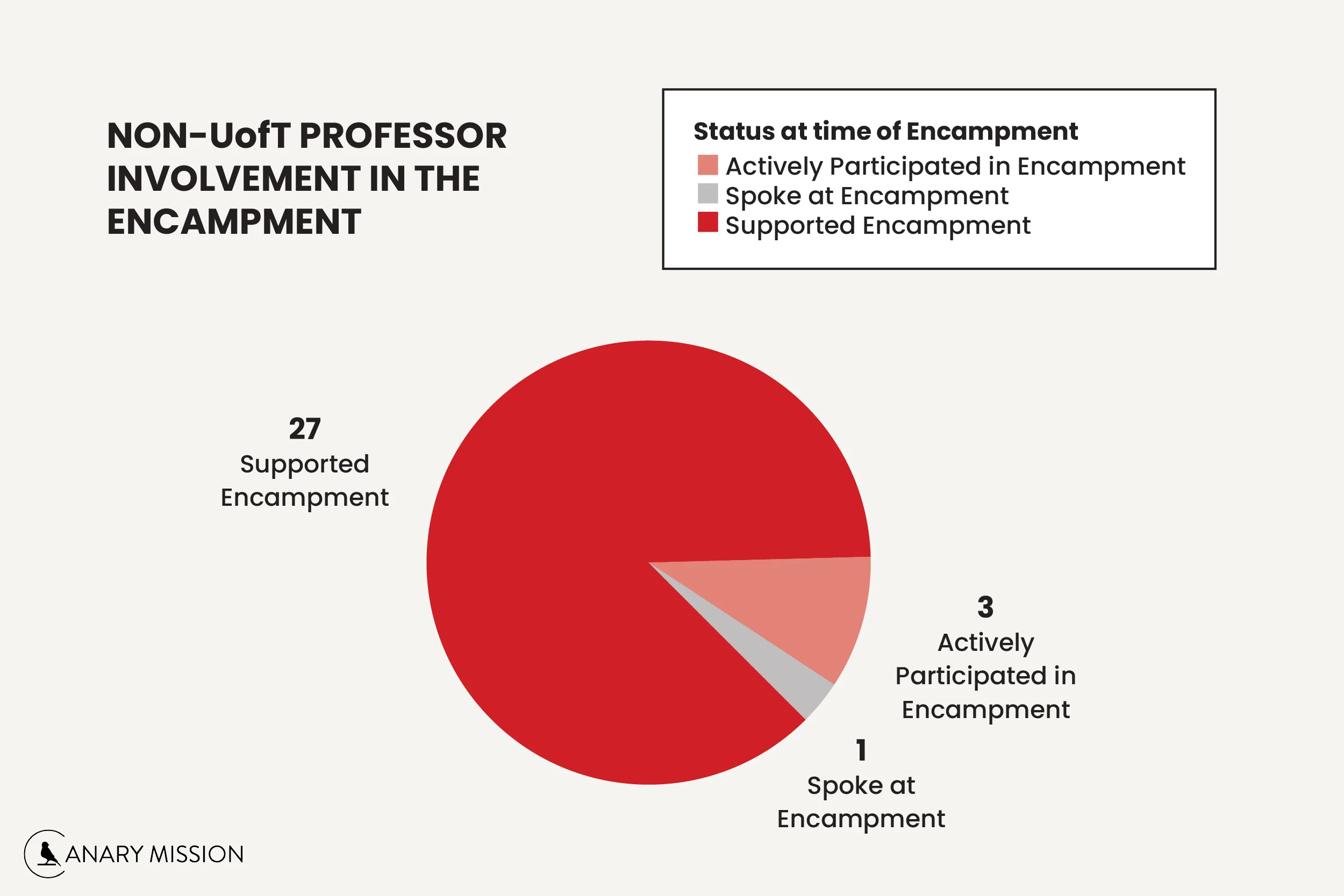
Faculty Pressure on the Administration
On May 24, 2024, UofT issued a Notice of Trespass informing protesters that the encampment was illegal and giving them until May 27 at 8:00 a.m. to dismantle the encampment. The notice stated that failure to comply would result in the university pursuing legal action.
The notice also warned any students involved could be suspended, and any participating faculty and staff would be “subject to disciplinary measures up to and including termination of employment” for failure to comply.
Following a statement by F4P condemning the university’s threat to fire professors for failing to comply with the trespass notice and “outrage” expressed by UofT professor Deborah Cowen, UofT backed down.
The May 27 deadline passed with protesters refusing to dismantle the encampment. With no court-ordered action, police stated they did not have the authority to take action. That same day, UofT filed for an injunction to authorize police action.
On May 28, 70 UofT faculty members held a press conference condemning UofT for filing for an injunction. The group’s message to the administration was, “If you try to move the students, you will have to go through us first.”
The same day, UofT faculty and alumni wrote an open letter to the UofT Governing Council “echoing” the demands of the encampment and urging the council “to speak up and represent our views within the UofT community and demand that President Gertler end any UofT complicity in Israeli apartheid and genocide or resign to ensure that the University better represents the voices of the community.”
As of August 2024, 101 UofT faculty have signed an anti-Israel pledge drafted by UofT members of F4P stating they would engage in an academic boycott against Israel.
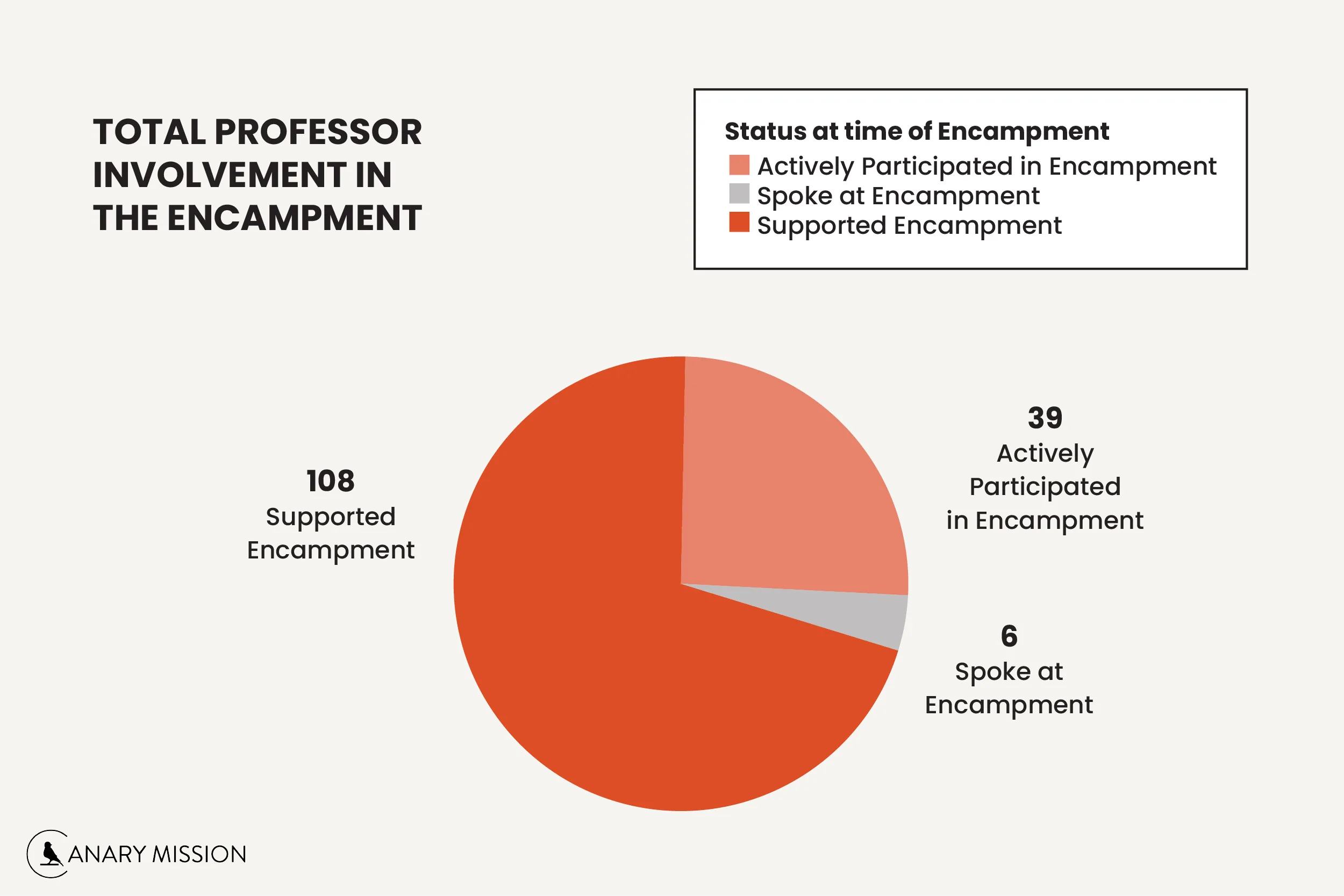
The “Hearing Palestine” Initiative
Hearing Palestine is an “intellectual hub” at the University of Toronto whose mission is to educate students “on Palestine, past, present, and future.”
Its founder, steering committee, administrators and “programmatic” board promote the Hamas narrative on the October 7 attacks, dismiss antisemitism and obfuscate Palestinian objectives in Israel.
The following professors are connected to Hearing Palestine and supported the encampment:
For more information about Hearing Palestine, see the Canary Mission report: University of Toronto’s Antisemitic Intellectual Hub
Outside Agitators: Pro-Terror Groups
The encampment was supported by two pro-terror, anti-Israel groups: Palestine Youth Movement (PYM) and the Toronto chapter of Samidoun Palestinian Prisoner Solidarity Network (Samidoun).
Palestine Youth Movement
PYM’s goal is the "complete liberation of Palestine." Immediately after the October 7 attack, PYM glorified the Palestinian “martyrs” and called the attack “Palestinian resistance.”
In October 2023, PYM “curated” a document titled “All the Walls Will Fall: 2023 Palestine Liberation Resource List,” which justified the October 7 Hamas massacre and included “resources on the theory and logic of resistance to Zionist colonialism, including the objectives of returning home and liberating colonized lands, the capture of prisoners of war in order to free Palestinian prisoners, and the right of an occupied people to resist.”
On June 1, 2024, PYM Toronto hosted a “Teach-In on The Second Intifada” as part of the encampment programming. Intifada is the term used to describe terror-filled uprisings conducted by Palestinians in Israel.
On June 25, 2024, PYM hosted a “Teach-In on Revolutionary Activism.”
Featured Profiles:
Samidoun
Samidoun activists handed out booklets at the encampment with Hamas logos that presented the terrorist group’s narrative of “Operation Al-Aqsa Flood,” Hamas’ name for the October 7 massacre. The books were used to educate encampment participants.
After October 7, Samidoun released a statement praising Hamas’ “resistance” for massacring Israelis as well as supporting the kidnapping of civilians.
In February 2021, the Israeli government designated Samidoun as a “terror organization,” accusing the NGO of operating “as an arm of the PFLP.” In November 2023, Samidoun was outlawed by Germany for its terror connections.
At least three senior Samidoun activists are PFLP members, including former PFLP member and Canadian resident Khaled Barakat. Barakat is also a member of the executive committee of the Palestinian Alternative Revolutionary Path Movement (Masar Badil), a pro-BDS, pro-terror organization launched in October 2021.
In May 2024, the group addressed “our fellow students, our comrades, brothers and sisters, in all the universities, schools and institutes of the world everywhere” and called for a “revolutionary escalation of the global student intifada for Palestine.”
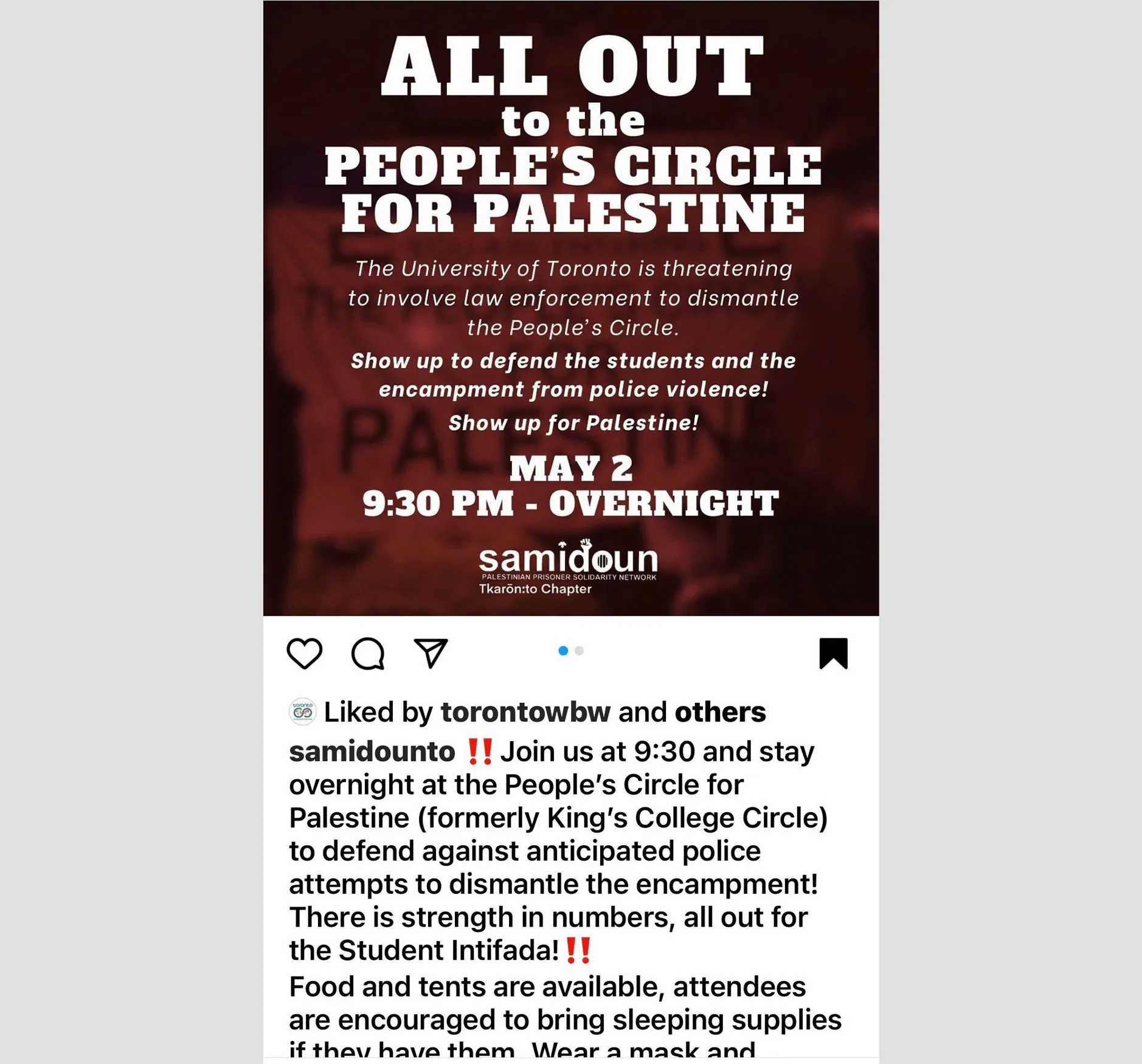
Occupy UofT Leaders’ Support for Hamas
The leaders of the encampment openly expressed support for Hamas terrorists. A number of these leaders were already activists in pro-terror organizations.
Erin Mackey was the encampment’s main organizer and media spokesperson. On June 21, 2024, at her graduation, Mackey disrupted the ceremony, unfurling a banner with inverted red triangles and the slogan “DISCLOSE DIVEST / FREE PALESTINE.”
The inverted red triangle was first used by Hamas during the October 7 attack to signify an Israeli target.
PYM Toronto activist, Sara Rasikh was another leader of the encampment. Rasikh has expressed support for Hamas terrorists and called for an intifada.
Mona Ayesh, a PYM Toronto activist, was also a leader of the UofT encampment. On May 4, 2024, Ayesh led a “Workers United for Palestine” contingent that marched to the UofT encampment. Ayesh held a banner filled with inverted red triangles that read, “LONG LIVE LEGAL ARMED RESISTANCE TO OCCUPATION.”
PYM representative Mohammed William Shalalfeh led an anti-Israel protest on May 11, 2024, that joined the UofT encampment. At the protest, which was titled “76 YEARS OF NAKBA/RESISTANCE UNTIL RETURN,” Shalalfeh said, “... We understand the responsibility bestowed upon us by our ancestors to continue to carry the torch of resistance! ...We are carrying the torch that has been passed down to us from the great revolt of 1936 to … the first and second intifada …”
Other Outside Organizations
UofT was overrun by members of outside organizations who participated in the encampments, including the Revolutionary Communist Party (RCP), Ontario Federation of Labour (OFL), Ontario Public Service Employees Union (OPSEU), Canadian Union of Public Employees (CUPE), United Steelworkers Union (USW) and Canadian Association of University Teachers (CAUT).
RCP is a section of the Revolutionary Communist International in Canada whose manifesto calls for “the complete overthrow of capitalism.” It declares itself “the unconditional enemy of Canadian imperialism.”
A May 9, 2024 Communist Revolution article reported, “…the RCP comrades, students and non-students, stood with the crowd supporting Palestine.” According to the article, among the goals of “the RCP program for the U of T encampment” was to “shut down the campus. Spread the Intifada to campus workers, faculty, and the whole student body.”
On May 27, 2024, OFL organized an anti-Israel “solidarity rally” at UofT “to oppose attempts by the University of Toronto administration to remove the student encampment from campus.”
Standing in front of a Palestinian flag, OPSEU president JP Hornick said, “...when students and workers rise together we topple governments!”
Hornick continued, “Our job is to put our bodies in between you and whatever the administration brings at you. If the police come, we will be your human shields, we will be your line of defense and I promise you that we will be here for as long as it takes to make sure that you are safe and that those simple demands are met: disclose, divest…”Ontario Federation of Labour (OFL)
CUPE General Vice President and Ontario President Fred Hahn also spoke at the rally. (In August 2024, CUPE called for Hahn’s resignation after he posted an antisemitic video on social media.)
On July 3, 2024, following UofT’s successful bid for an injunction, CUPE Ontario tweeted, “CUPE Ontario challenges the idea that universities are private property. They are part our commons; they belong to us all. CUPE Ontario will always defend the right to use civil disobedience and protest to make change and achieve justice. Solidarity with @occupyuoft!”
For more information about CUPE’s antisemitism, see Canary Mission’s report: Antisemitism in CUPE Canada Union.
Administration Support
The encampment was effectively supported by UofT president Meric Gertler, who failed to respond to numerous reports by UofT faculty [see page 550] and staff regarding violence and antisemitism at the encampments. Gertler knowingly [page 831 of the court filing] allowed Jewish and pro-Israel students, faculty and staff to suffer harassment and intimidation, as well as verbal [page 822] and physical [page 632] abuse at the hands of encampment protesters.
Gertler also allowed the campus to be occupied and “vandalized,” and tolerated the replacement [page 891] of the Canadian flag flying on campus with a Palestinian one. He quickly called in reinforcements to clean buildings spray-painted with Hamas red triangles and renamed “Palestine Hall,” “Gaza College” and “al-Aqsa Building” in an effort to downplay the blatant destruction of UofT property.
Gertler and his administration enabled anti-Israel and pro-terror squatters to block full and free access to the campus and insulate themselves on university property.
Violating UofT Code of Conduct
The encampment, which began with 50 tents and grew to more than 200 tents by late May, was illegal under Canadian law and in clear, deliberate violation of the UofT Code of Student Conduct, university policies and health and safety provisions.
UofT allowed the exclusion of Jews from public space despite pleas from faculty and students. The administration allowed menacing, intimidation, bullying and harassment of Jews by the encampment’s self-appointed “gatekeepers,” guards and participants.
From May 2 until July 3, 2024 (the timespan of the encampment), UofT sent Occupy UofT organizers warnings and threats that were not acted upon and notified them of significant health and safety concerns that were never adequately addressed.
UofT also met with encampment protesters five times to negotiate a resolution. While the administration attempted to negotiate with the organizers, the protesters continually and publicly demonized and discredited the administration.
Concessions to Protesters
By agreeing to facilitate Occupy UofT’s investigation into the university’s investments in Israel, UofT was defacto in contravention of its proclaimed allegiance to the principle of academic freedom.
UofT’s willingness to grant encampment protesters a seat at the negotiating table – as they carried on an unauthorized and illegal protest on campus demonizing Jewish and pro-Israel faculty and students – caused encampment organizers to declare themselves winners.
During the course of the encampment, UofT:
- Provided assistance and support to encampment occupiers by
- Allowing them to stay on campus following the issuance of a warning that the encampment was illegal and against university policy
- Providing access to indoor washrooms and portable toilets for protesters
- Negotiated with students and faculty, flagrantly violating Canadian law and UofT policies
- Failed to suspend or expel UofT students, faculty and staff who violated UofT’s Code of Conduct
- Allowed UofT campus to be overrun with non-UofT anti-Israel student groups and community organizations that held rallies on campus which blocked buildings and created a chaotic and fearful environment on campus
- Included incidents of hate speech, violence and antisemitism in its court filing for the injunction but produced no evidence to support its claims, despite surveillance footage and receiving numerous reports, including those by Ryan Dow, assistant director of the Community Liaison & Support Team (a division of Campus Safety)
Trampling Multi-Million Dollar Revitalization
At the outset of the encampment, protesters stormed fencing that was erected by UofT to preserve a three-year, multi-million dollar campus revitalization project whose grand opening was scheduled for May 27, 2024.
The fence surrounding the newly restored King’s Circle for Convocation was co-opted by the protesters to serve as the outer perimeter of the encampment and became the venue for numerous banners and posters bearing the inverted red triangle (a symbol of Hamas support), promoting violence (“This is the intifada”) and expressing support for terrorism (“Glory to All Martyrs").
According to court documents [page 974], UofT suffered losses of over half a million dollars due to property damage from the encampments. They were also forced to pay increased security costs.
Checkpoints: Student-led Patrol
Visitors approaching the encampment were confronted by a standing sentry of masked “border control” agents who screened people for allegiance to their goals. Those permitted entry were allowed access through protesters holding a banner reading, “From the River to the Sea, Palestine Will Be Free.”
People who did not agree with the encampment’s principles were denied access. This included professors and students – namely, Jews, Israelis and anyone else who believed in Israel’s right to exist.
The encampment guidelines stated, “We believe in the Principles of the Resistance (Thawabit),” the right to self-determination (statehood), that Jerusalem is the capital of Palestine and the right of return.
Thawabit are the “fundamental principles” of resistance formulated by the Palestinian National Council of the Palestinian Liberation Organization (PLO) in 1977.
Kenneth Green, professor of religious studies at UofT, reported, “... with my kippah perched proudly on my head, I tried to enter the encampment to speak with those inside. For my efforts, I was not only barred from entering but I was also cursed, sworn at, abused, and told I should go back to where I came from.”
Legal Injunction and Removal
When the property damage, security costs and reputational harm became untenable for the university, the administration sought an injunction in the Ontario Superior Court of Justice, even as it continued “diplomatic negotiations” with the encampment’s organizers.
In the final negotiation, UofT pledged to shield student protesters from disciplinary action and legal liability in exchange for a peaceful dismantlement of the encampment.
On July 2, 2024, Ontario Superior Court Judge Markus Koehnen granted UofT’s request for an injunction authorizing police enforcement of the university’s demand that the encampment be removed.
The order instructed [page 2] the respondents to “remove any and all structures, tents, encampments and items of personal property” and “vacate” the encampment by “no later than 6 pm on July 3, 2024.”
UofT’s Omission of Evidence
The judge found [page 7] UofT had produced no evidence of hate speech, violence and antisemitism on the part of encampment participants, largely because UofT failed to provide such existing evidence, notwithstanding surveillance of the encampment and 38 incident reports by campus security.
For example, an email dated May 3, 2024, was sent [page 542] to President Gertel noting a sign on the encampment titled: “A MESSAGE TO THE PEOPLE OF PALESTINE.” The text asks Palestinians to "fight fight fight... do what the Algerian freedom fighters did to France…Plunge into a third intifada…millions of us will fight alongside with you with donations, BDS and everything else we got until you’re free…"
Most strikingly was a May 27, 2024 email received [page 532] by Gertler from a longtime Jewish member of the UofT community which contained a video “showing a member of the U of T encampment praising Hitler and exclaiming that the world would be better off if Hitler had killed all of the Jews.”
Thus, the judge who granted the injunction centered his comments on the antisemitism which occurred outside the encampment, stating, [page 34],
“There can be no doubt that some of the speech on the exterior of the encampment rises to the level of hate speech. This has included comments like: 'kike', 'baby killer', 'get away and go be with the Jews.', 'We need another holocost' [sic], 'Jews in the sea Palestine will be free', 'Jews belong in the sea Palestine will be free', 'Death To the Jews, Hamas for Prime Minister', 'You dirty f**king Jew. Go back to Europe', 'Jews should go back to Europe', 'f**k the Jews', 'I hate every f**king one of you people' (to a group of people carrying Israeli flags), and 'Itbach El Yahod' ('slaughter the Jews')."
Failures by the Judge
The judge, shockingly, refused [page 36] to find slogans calling for the destruction of Israel (“From the River to the Sea, Palestine Will be Free,” Glory to the Martyrs” and the word “Intifada”) as antisemitic.
In making this assessment, the judge relied on an anti-Israel reader authored by the “Hearing Palestine” initiative at the university titled, “From the River to the Sea: Palestine will be Free:” A Primer on History, Context, and Legalities in Canada.”
The primer, co-authored by UofT professors Alejandro Paz, Esmat Ehlalaby and Anver Emon, promoted the Palestinian “right of return,” understood as code words for the total destruction of Israel as a Jewish state.
Encampment Dismantlement
On July 3, 2024, facing police action, Occupy UofT dismantled the encampment, writing a statement that concluded, “Long live the intifada.”
As the encampment was being dismantled, protesters held a rally.
“This is not the end,” one of the leaders bellowed through a microphone. “Let us be loud. Let us be disruptive. Let us be the nightmare that is in the mind of each one of these administrators who refuse to (divest from Israel).”
Allowing Antisemitism and Exclusion of Jews
Both Gertler and UofT acknowledged instances of antisemitism and hate speech at the encampments but refused to take a moral stand publicly in support of Jewish and pro-Israel faculty and students.
On May 27, 2024, Gertler testified via video conference at a House of Commons standing committee on Justice and Human Rights on Parliament Hill in Ottawa as to what he was doing about the growing antisemitism on his campus.
Gertler gave no conclusive answer but told the committee that 38 incidents of antisemitic signs and slogans around the protest encampment on the university's campus had been reported to police.
Gertler said none of the students associated with the encampment had been suspended or expelled from the institution over these incidents.
When asked if he believed chants such as “Go back to Poland,” “We don’t want no Zionists Here,” “Intifada Revolution,” and “From the River to the Sea” were hateful and antisemitic Gertler said [00:00:32], “In the current context they are certainly experienced as antisemitic …”
UofT promises an “inclusive culture” guaranteed by UofT’s Division of People Strategy, Equity & Culture, which was copied on emails from concerned students and professors reporting antisemitism and violence. Some of those emails were sent by children of Holocaust survivors pleading for action on the part of the university.
Antisemitic BDS Tactics Used by the Encampment
Occupy UofT, the student-led coalition organizing the encampments, demanded that the university disclose its financial holdings, divest from any investments that "sustain Israeli apartheid, occupation and illegal settlement of Palestine" and cut ties with Israeli academic institutions.
Occupy UofT organizers premised their right to hold the university hostage on its own campus on the Boycott Divestment and Sanctions (BDS) movement, which ironically defines itself as “an inclusive, anti-racist human rights movement that is opposed on principle to all forms of discrimination, including anti-semitism and Islamophobia.”
BDS activists claim they are motivated by a desire to help Palestinians in Gaza, however this “motivation” serves as a smokescreen to the movement’s no-so-hidden agenda vocalized by the movement’s leaders and the terror organizations that benefit from their activities.
In September 2018, former Hamas Political Bureau Chief Ismail Haniyeh was reported to have said, “We must defend the Palestinian agenda in the humanitarian and global aspect as well. Today, many important opportunities exist, including in the Western countries, which can be relied on to build our strategy: the boycott movement –the BDS, the marches, solidarity convoys …”
A 2019 report titled, “Behind the Mask: The Antisemitic Nature of BDS Exposed,” found [page 88]: “Since its founding, the leadership of the BDS movement has sought to use human rights to create a veneer of legitimate political criticism of Israel, masking its intent of delegitimizing the Jewish State to bring about its eventual demise.”
In 2016, Canada’s House of Commons passed a motion to “reject” and “condemn” the BDS movement.
In 2018, Canadian Prime Minister Justin Trudeau said, “[Jewish students] feel unwelcome and uncomfortable on some of our college and university campuses because of BDS-related intimidation.”
In 2019, Trudeau reaffirmed his opposition to BDS, declaring, “It’s not right to discriminate or to make someone feel unsafe on campus because of their religion, and unfortunately the BDS movement is often linked to those kinds of frames.”
At the UofT encampment, it became clear that calls for BDS by protesters were a socially acceptable vehicle to delegitimize the state of Israel. BDS demands were used both to demonize the concept of Jewish self-determination and as a call for global condemnation of a nation defending itself against brutal terrorists who had just tortured, raped and beheaded its citizens.
Occupy UofT revealed the true goal of its call for BDS through its chants: “Disclose, Divest. We will not stop. We will not rest. From the river to the sea. Palestine will be free. Long live the Intifada!”
The call for the dismantlement of the state of Israel in tandem with a demand to boycott it was also evident in the chants, “Jerusalem is the capital of Palestine” and “From the water to the water, Palestine will be Arab.”
While Occupy UofT centered the encampment around its demands for divestment in the guise of promoting human rights, it made other calls as well. In its social media posts, the encampment aligned itself with the “movement for Palestinian liberation” and referred to its activism as “resistance.”
Signs displayed at the encampment proclaimed, “LONG LIVE THE INTIFADA” and “LIBERATION FOR ALL REQUIRES RESISTANCE FROM ALL.”
All of these terms are calls for nationalistic terrorism and are used to glorify anti-Israel and antisemitic violence.
Occupy UofT’s demand for BDS was also couched in pejorative language about Israel, which it referred to as an “apartheid state that is committing genocide.” It described Israel’s war against Hamas terrorists as an “ethnic cleansing campaign.”
On May 2, 2024, Occupy UofT called on “community members to…help us defend our encampment” at an emergency rally. At the rally, where protesters chanted for “intifada” and celebrated “resistance,” Nabil Jalbout, a speaker, said, “...we are not fighting for peace, we are fighting for liberation, because ‘peace’ is a white man's word.”
Ahmad Jarrar Hajahmad, another speaker, claimed, “All these Israeli and Zionist entities fill all these politicians with money in their pockets…we already know who runs this system …”
In another speech at the encampment on May 10, 2024, Jalbout said, “This flame ignites, it continues to ignite, and this flame will not stop igniting until one day inshallah [please God] all of Falasteen [Palestine] is liberated…”
On July 10, 2024, in a blog post reflecting on the encampment, UofT Professor Esmat Elhalaby was quoted as saying, “‘I think we have broad support, and that's because of the activities of Palestinians on the ground, because of the resilience of the resistance of the people in Gaza, and the West Bank and inside Israel. That will be the beginning and end, that land, but it's also because of generations of organizing at every level.’”
Tellingly, Elhaby also said, “Sometimes we'll say ‘BDS movement,’ that's the wrong way to think about it. BDS is one tactic in the repertoire of tactics for liberation of Palestinians, for a free Palestine, for human rights for everyone between the river and the sea.”
On May 4, 2024, anti-Israel protesters at the encampment assaulted a Jewish man named Zelig, punching him in the stomach as they forcibly took his Israeli flag. The attackers told the man [00:01:02]: “God bless the armed resistance” and: “Go back to Europe!” They also reportedly called him a “dirty Jew.”
Encampment protesters also threatened Gertler, depicting him in a projection on a university building with bloodied hands and posting a sign that read [p.880]: “WE HAVE A MESSAGE FOR PRESIDENT GERTLER FIRE IS CATCHING & IF WE BURN YOU BURN WITH US.”
Protesters sent “allies” to his personal residence to hang “Trespass Notice” posters on his home and his neighbors’ front doors [page 847].
Recommendations
- UofT must adopt the International Holocaust Remembrance Alliance (IHRA) working definition of antisemitism.
In June 2019, the government of Canada adopted the IHRA definition of antisemitism as part of Canada’s anti-racism strategy. In October 202, Ontario also adopted the IHRA definition by Order in Council and formally announced that it is part of its government’s policy.
UofT’s working group on antisemitism has inexplicably refused to adopt the IHRA definition and consequently does not use clear principles by which to identify antisemitism. - UofT must enforce its own Code of Conduct and demand student, faculty and staff adherence to university policies and procedures. The code should be enforced immediately following the first breach, and the consequences of a violation must be substantial and not just symbolic.
- UofT must not enter into any form of negotiation with students or faculty advocating for the antisemitic BDS movement or violating university policies.
- UofT must enforce a “no mask” rule on campus.
- If students attempt to reinstate the encampment, UofT must immediately exercise the existing injunction along with the sanctions it provides.
- UofT must review its academic courses and professor publications to look for sources of antisemitism and anti-Zionist antisemitism in its curricula and take steps to remove any antisemitic texts and staff from the university.
Featured Professors

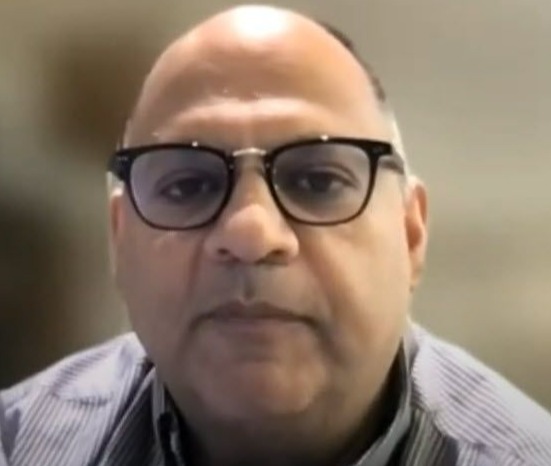
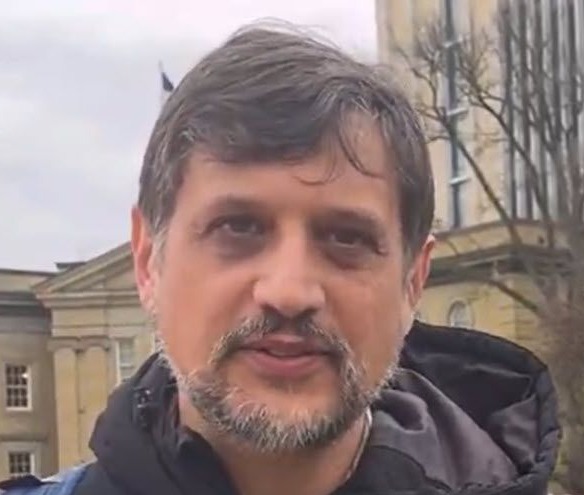
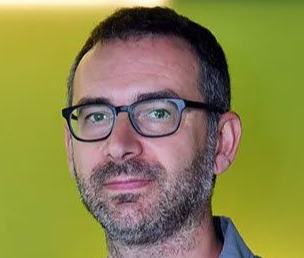
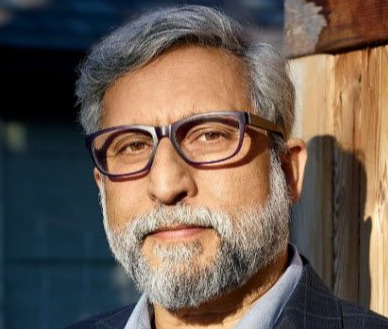

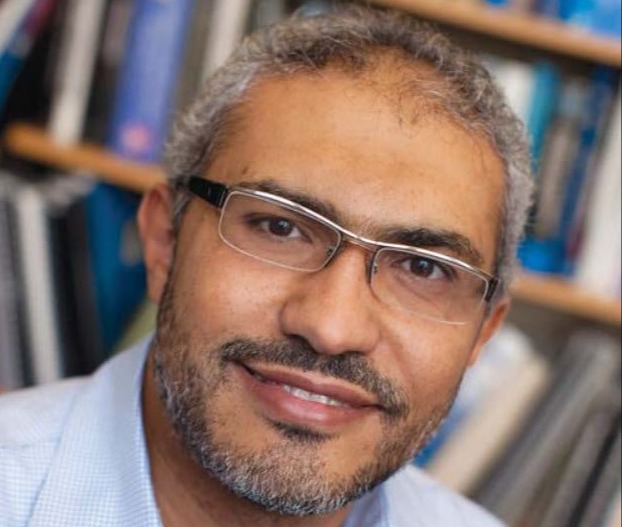
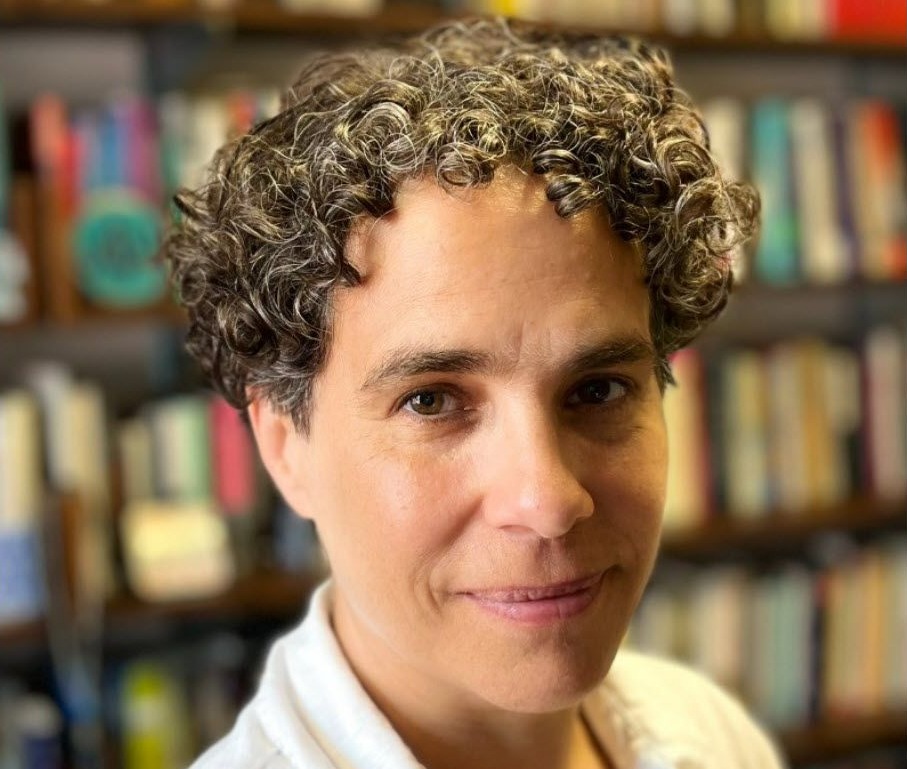

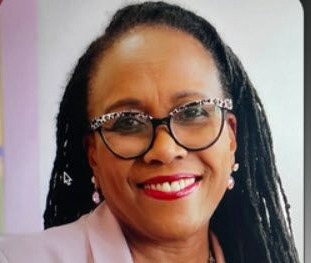
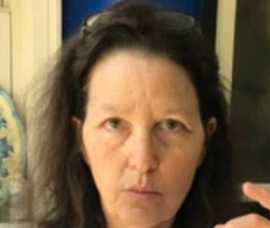
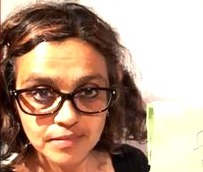
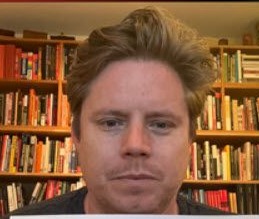

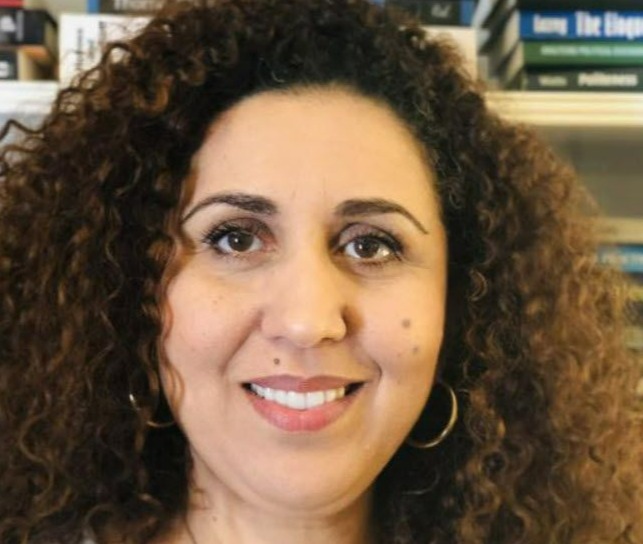
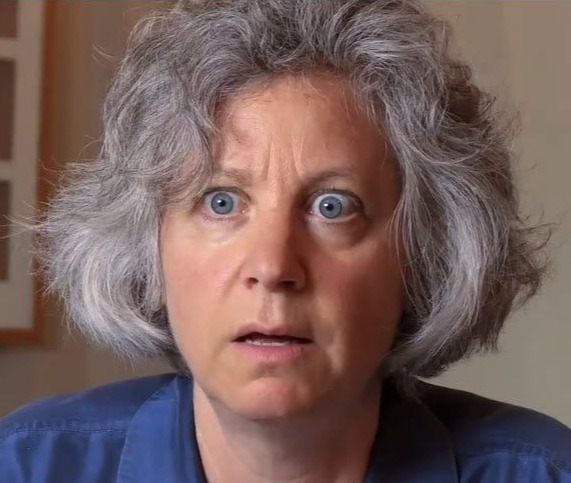
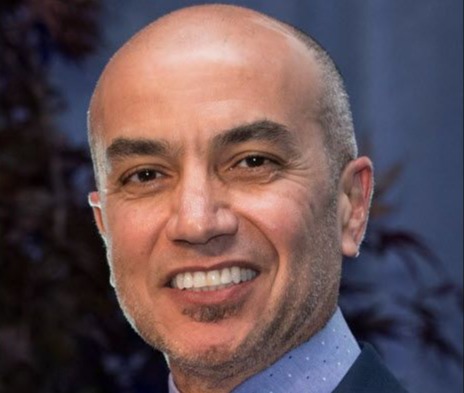
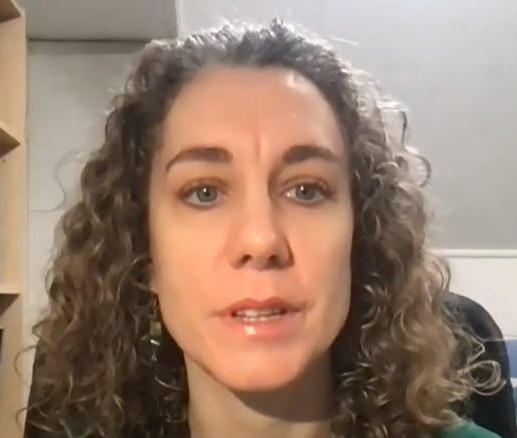
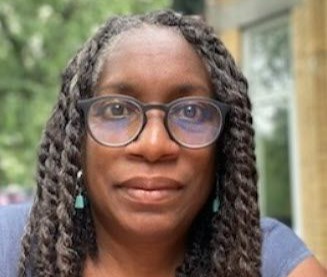
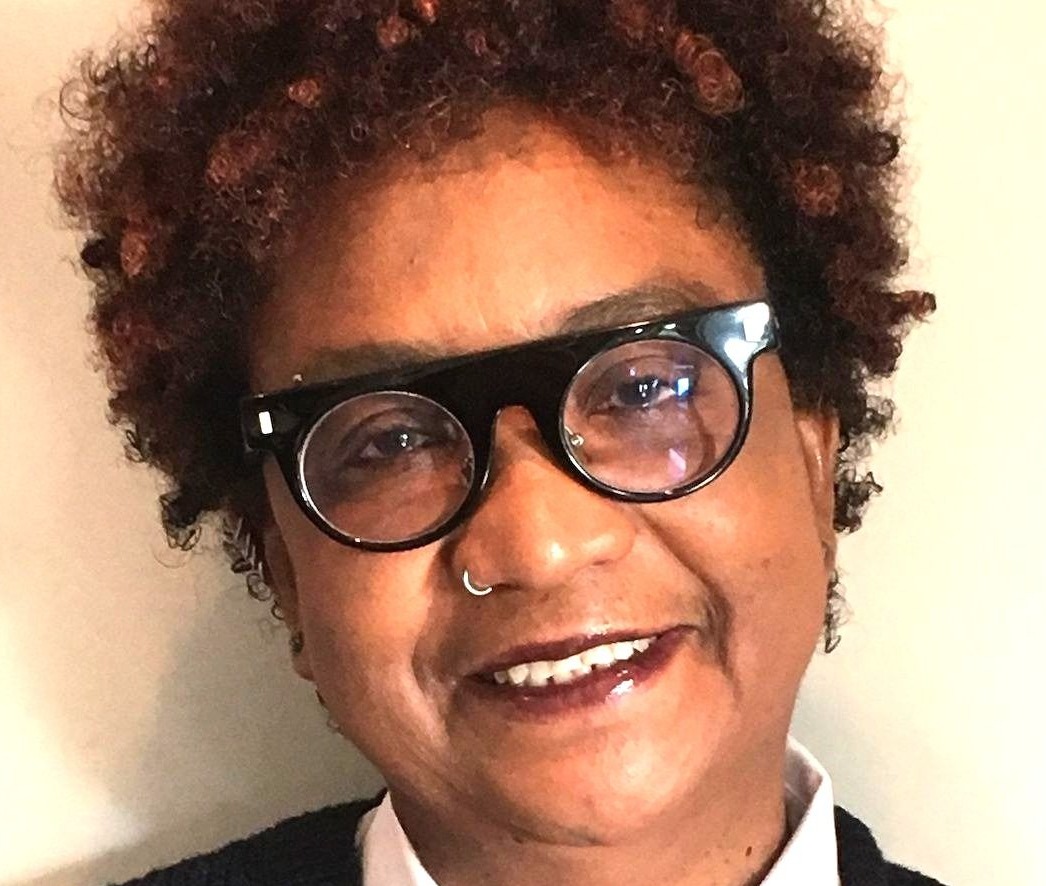

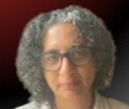
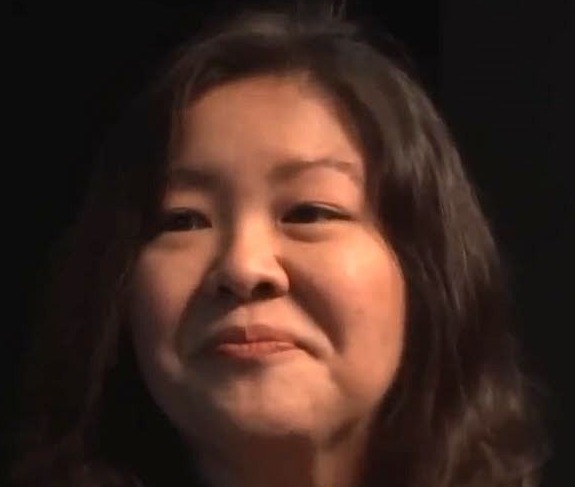

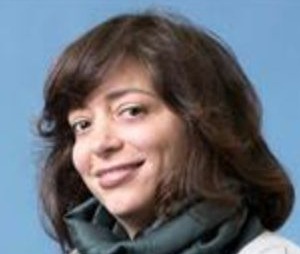
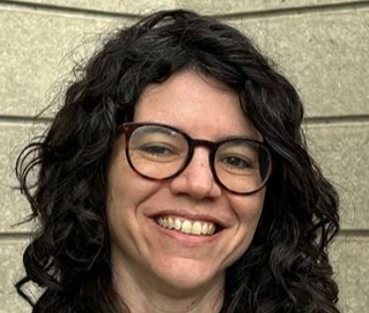


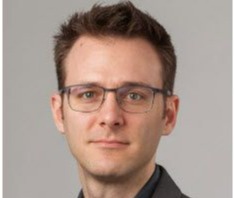
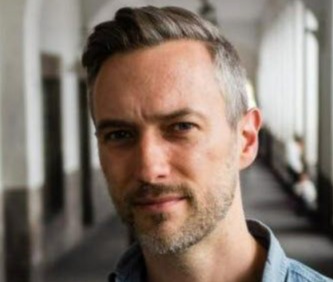
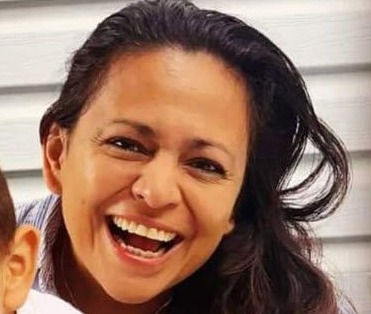
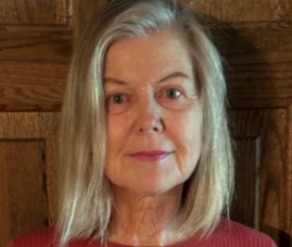
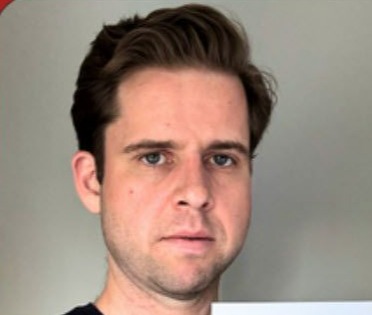
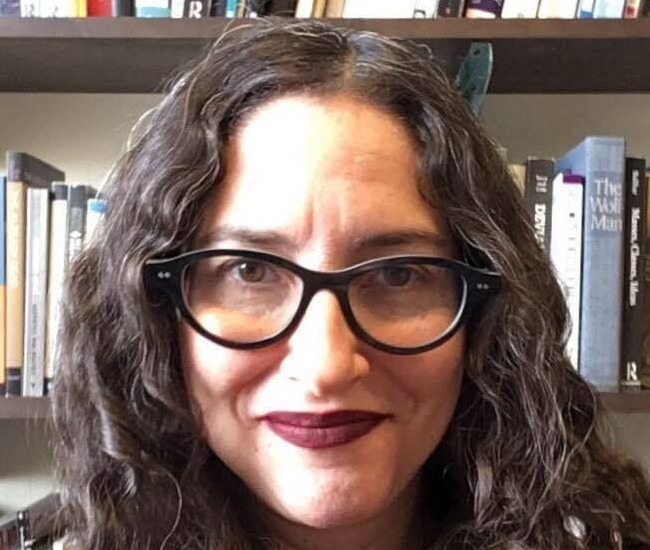
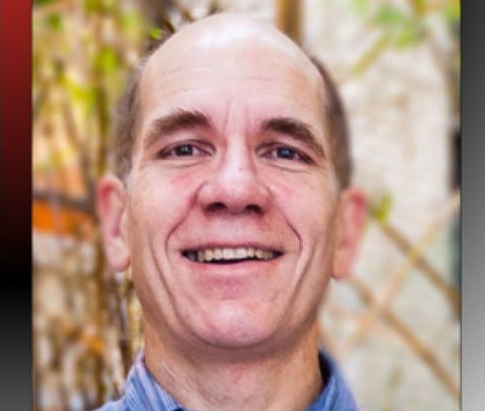
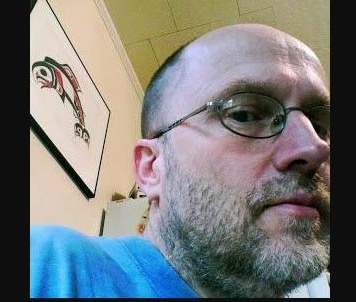
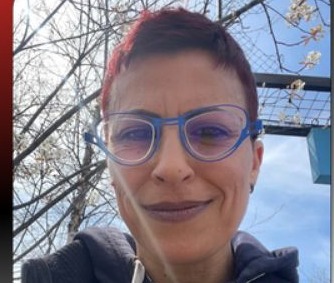
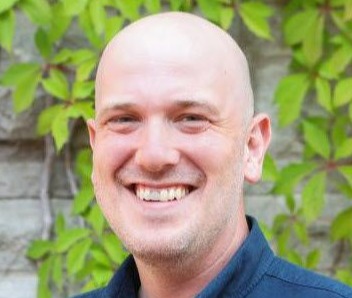
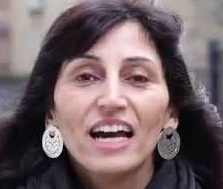
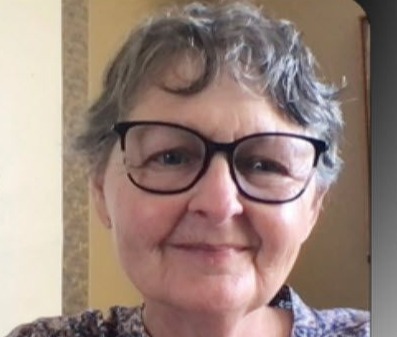
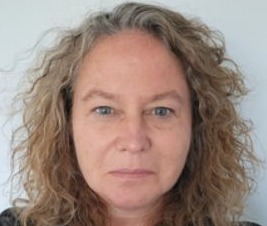

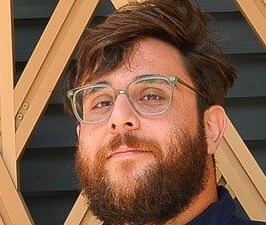

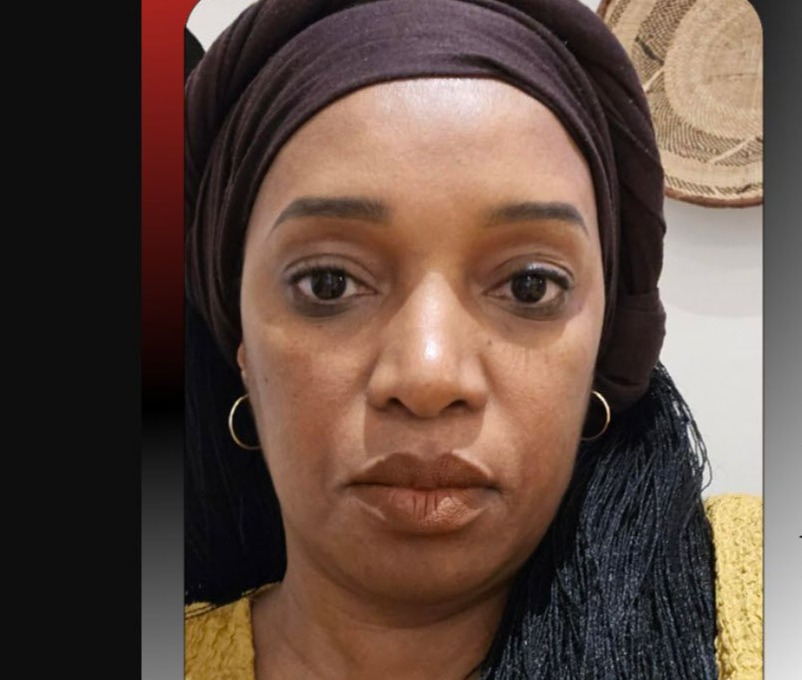
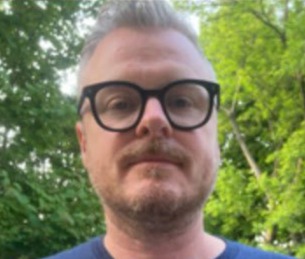
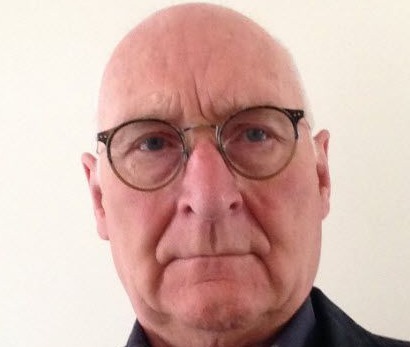
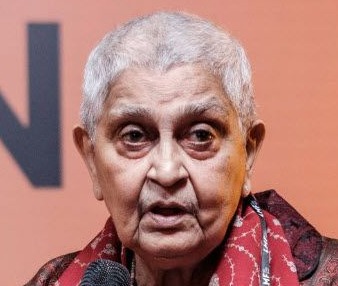
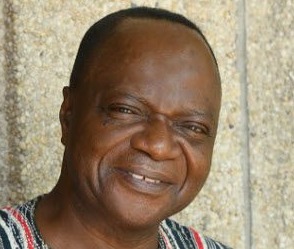
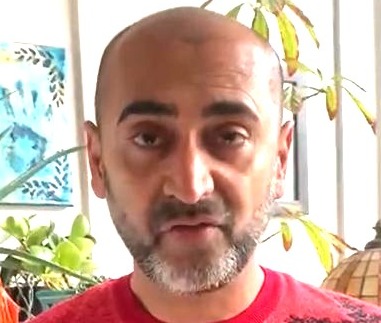
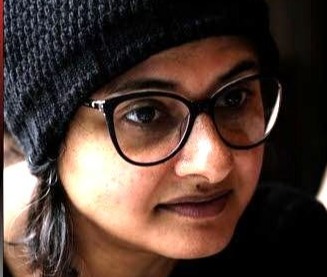
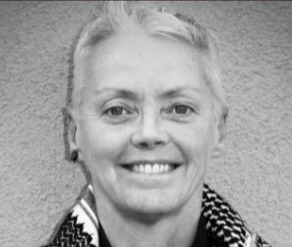
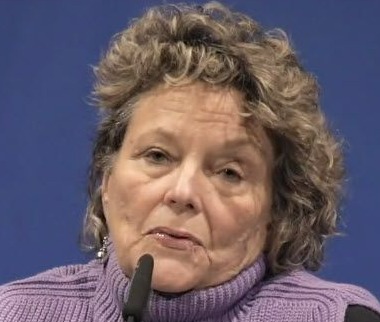
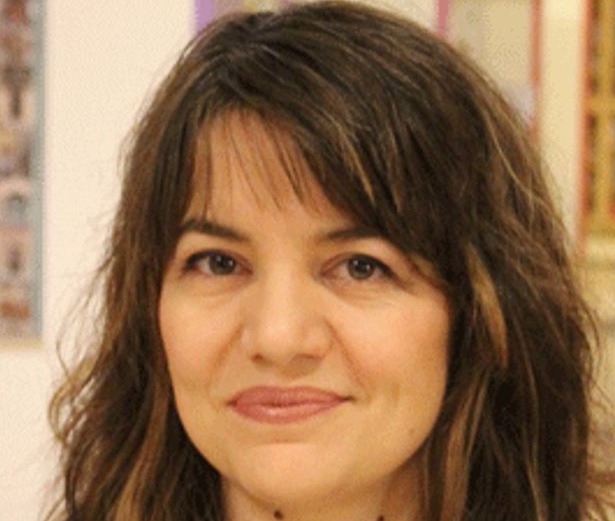
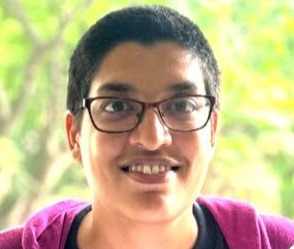
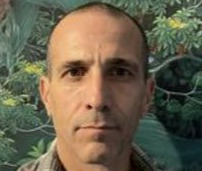
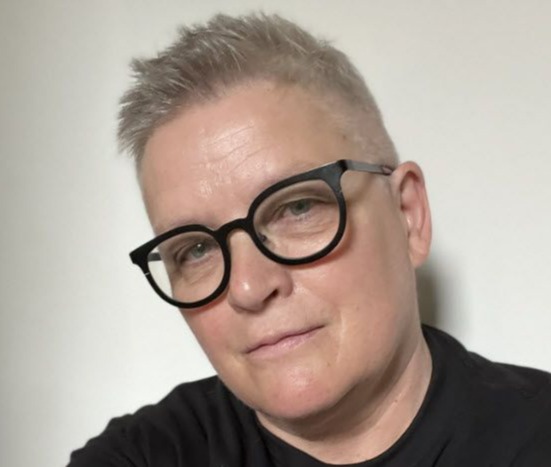
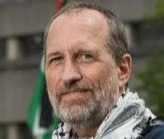

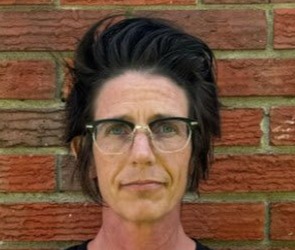
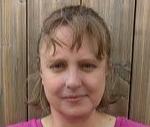
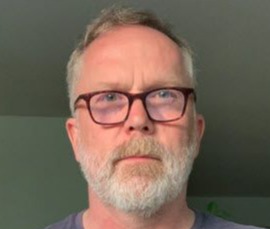
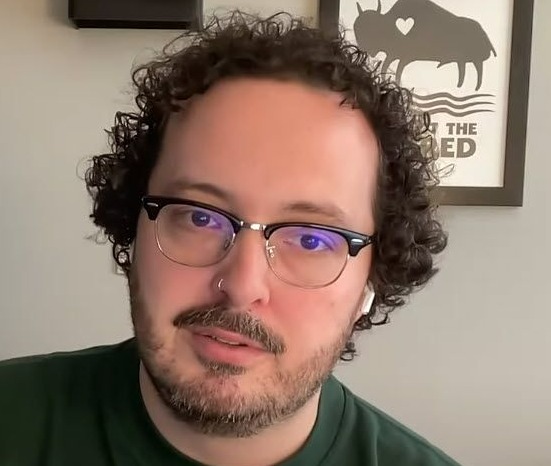
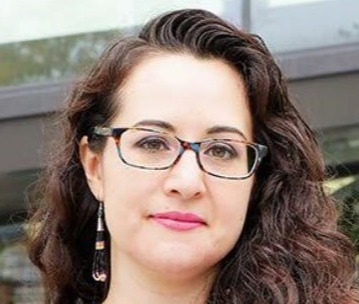
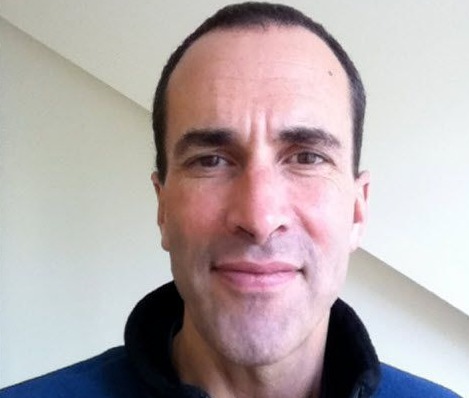
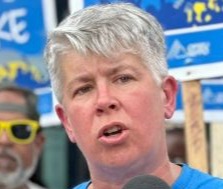

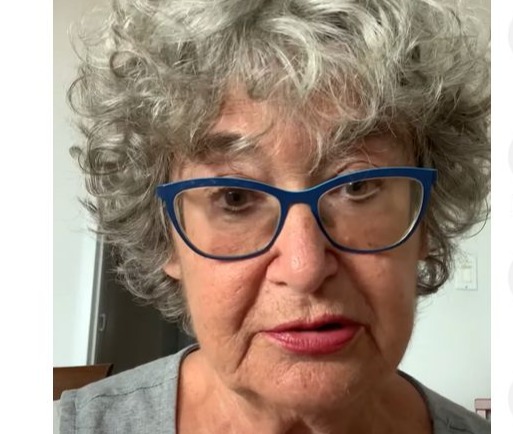
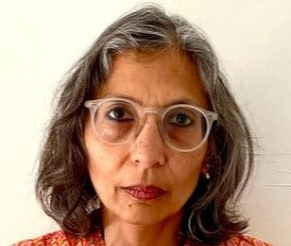

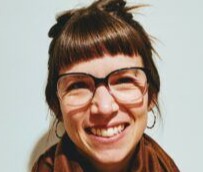
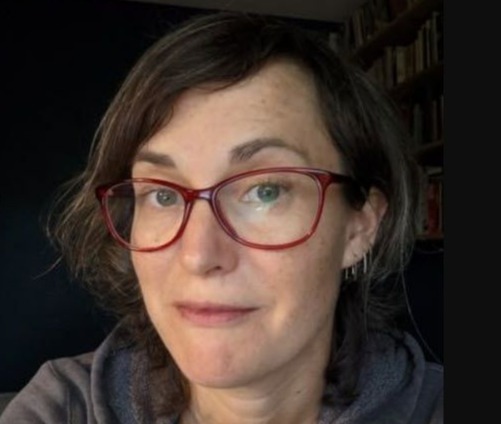
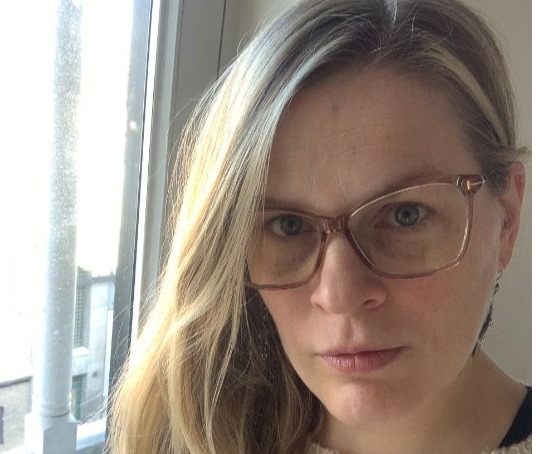
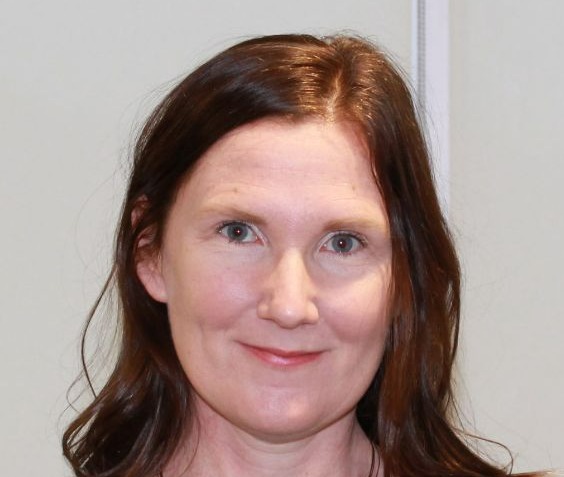
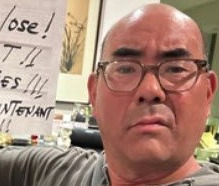
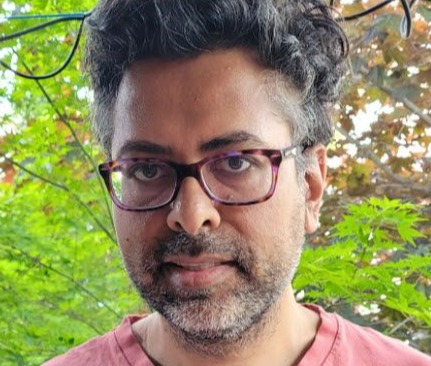
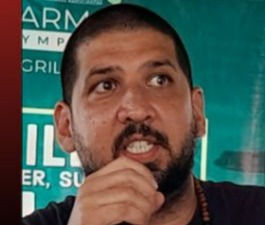
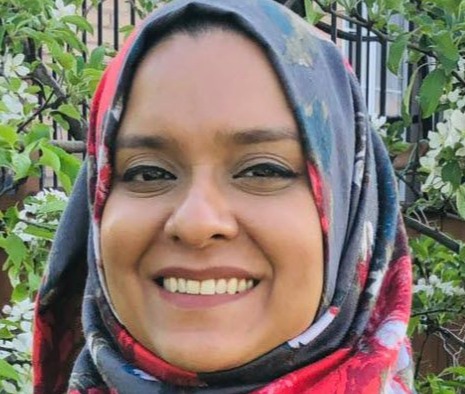
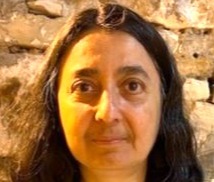
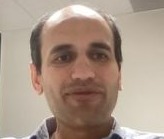

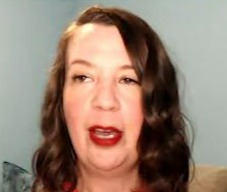




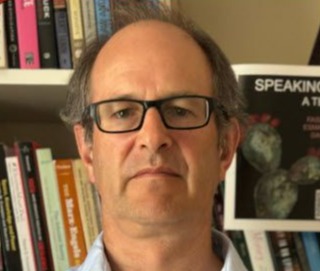
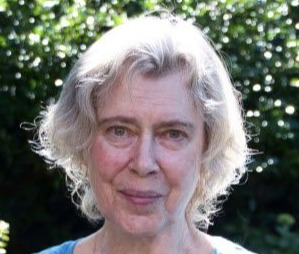
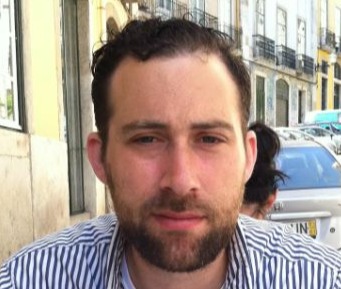
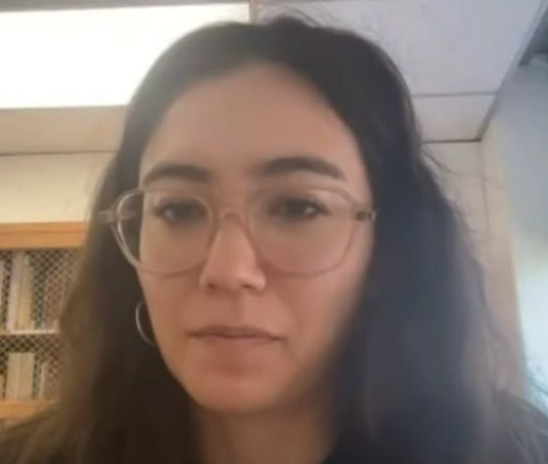
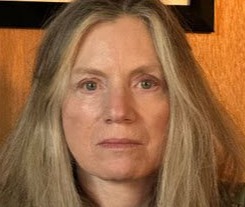
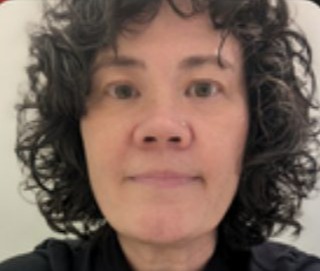
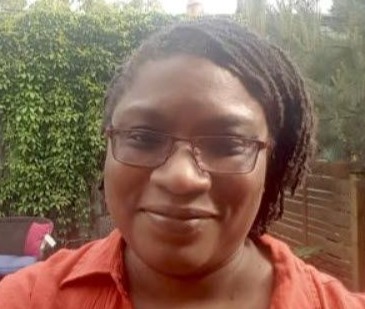
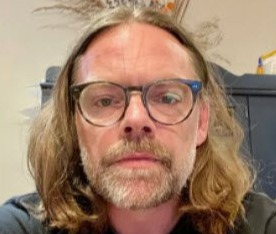
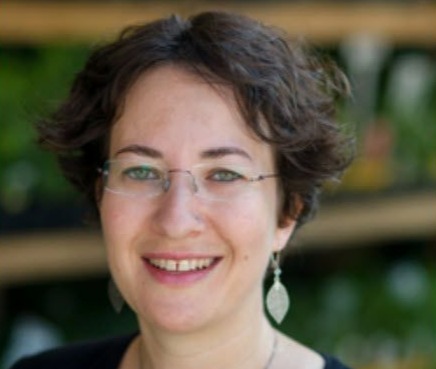
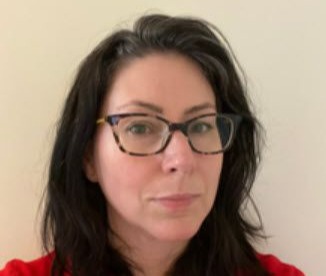
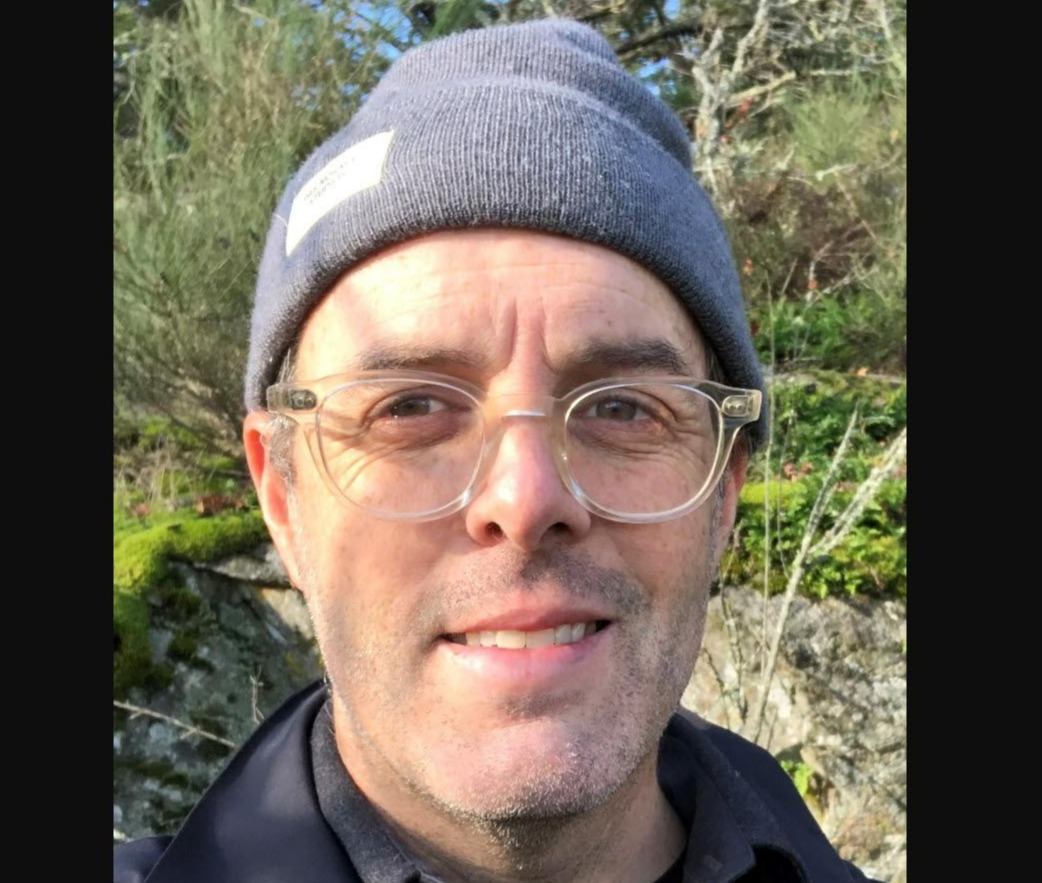
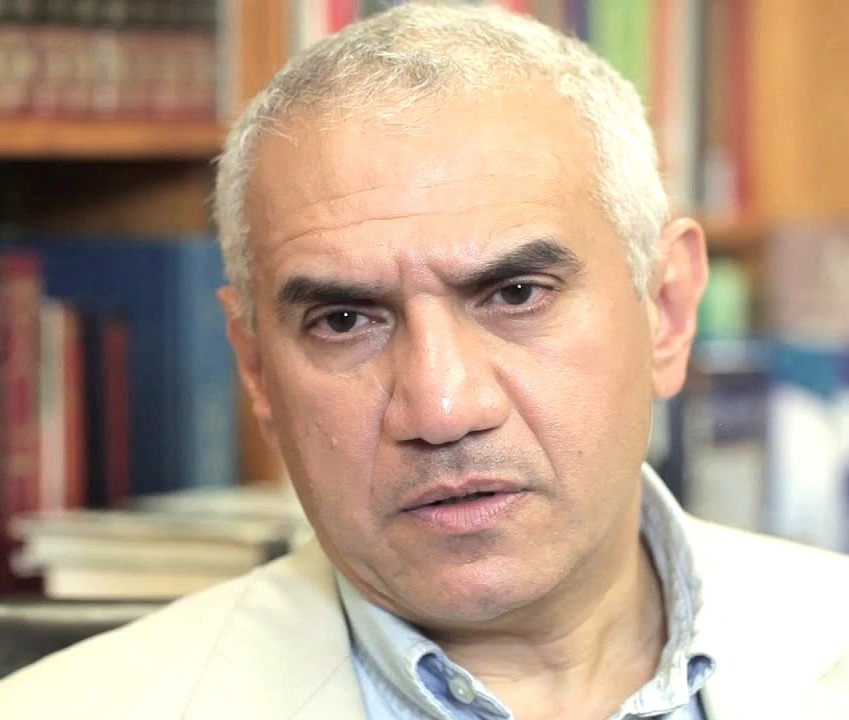
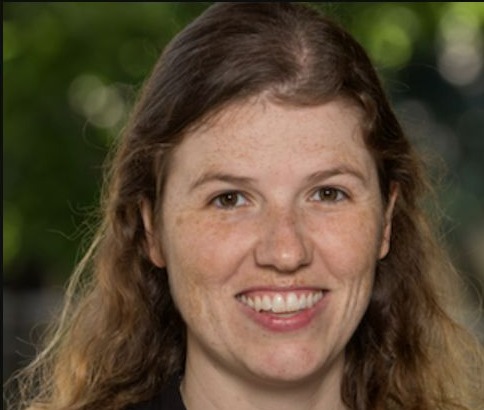
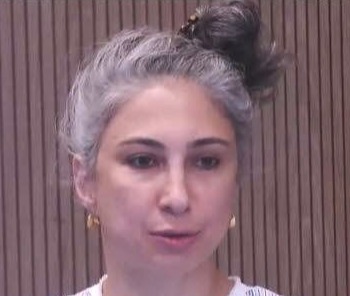
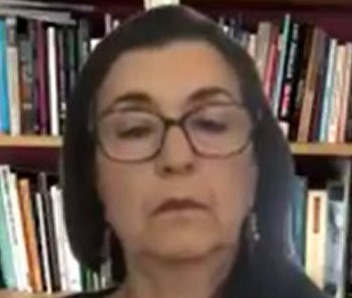
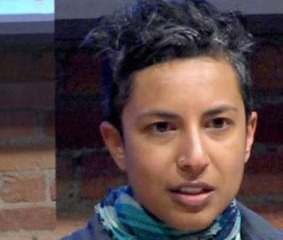


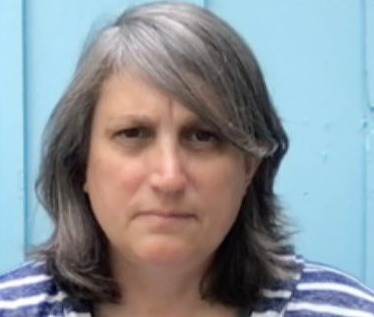
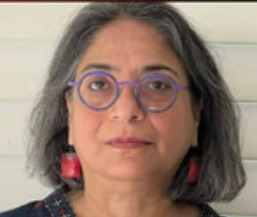


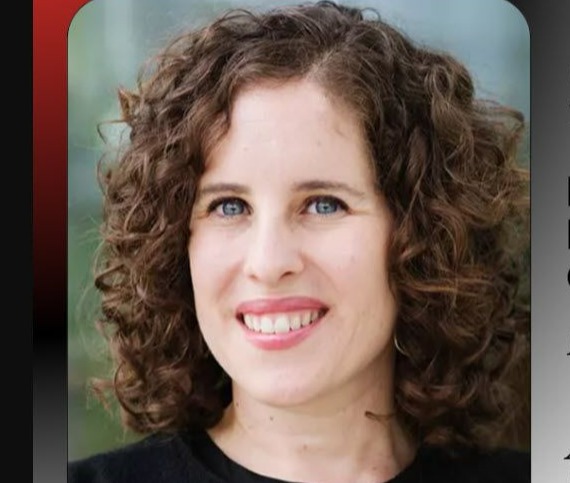
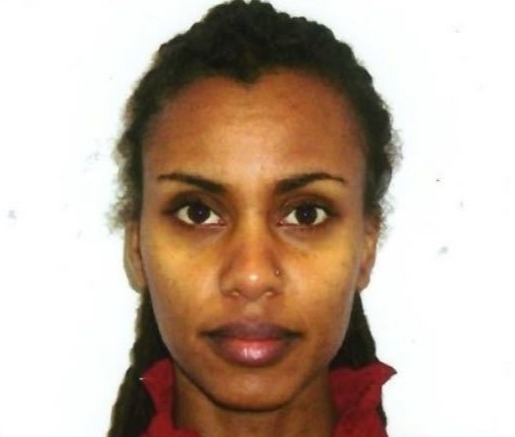


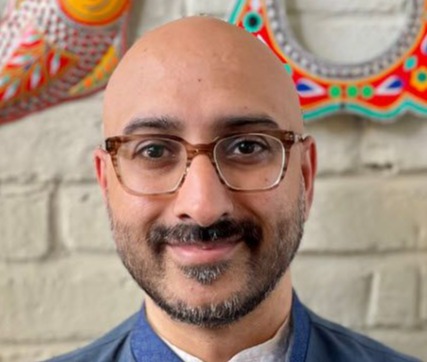
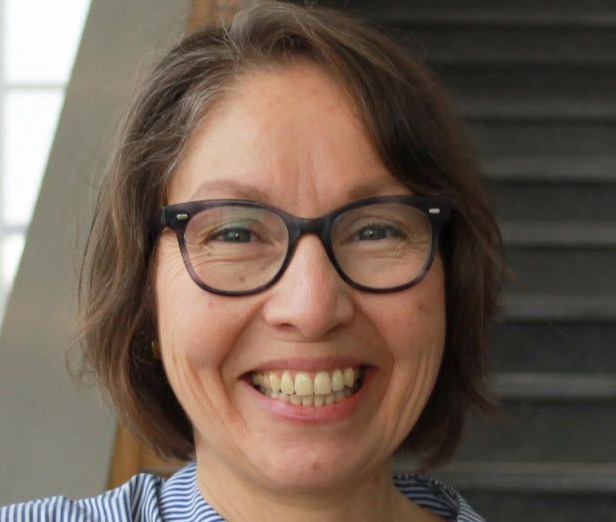

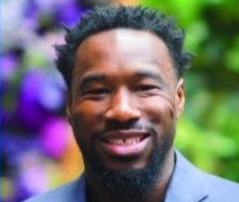
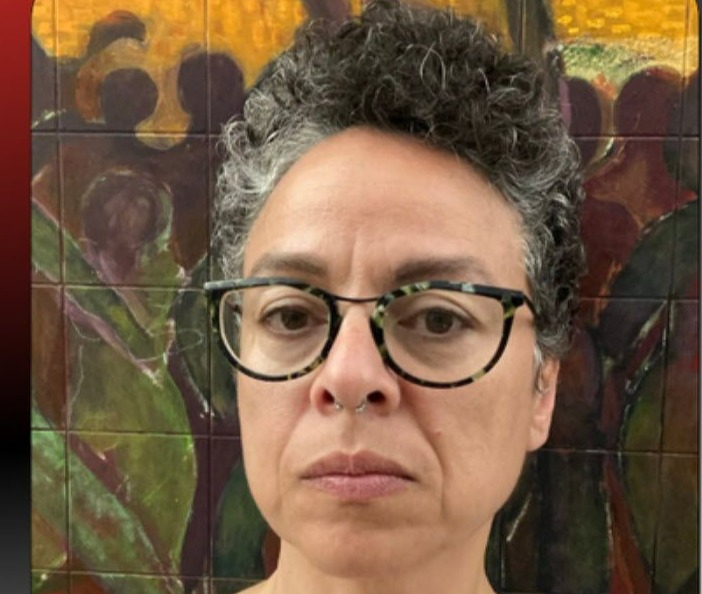

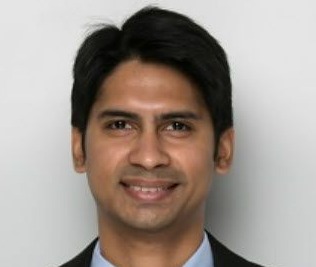
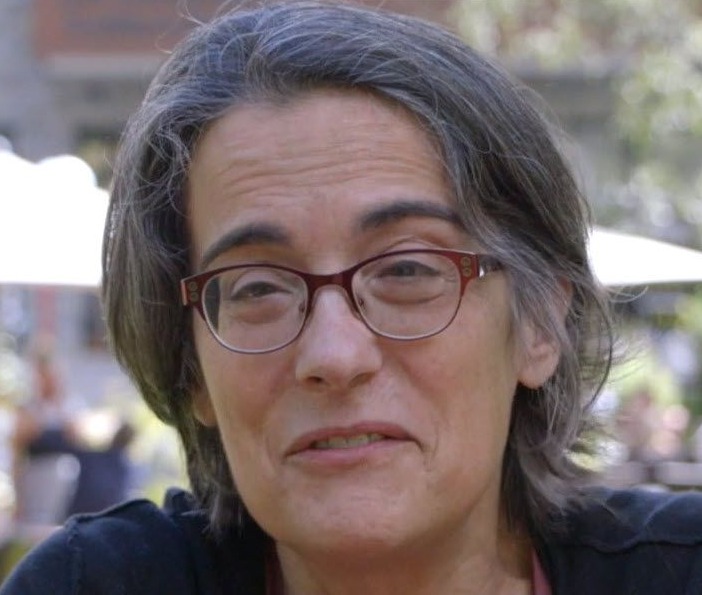
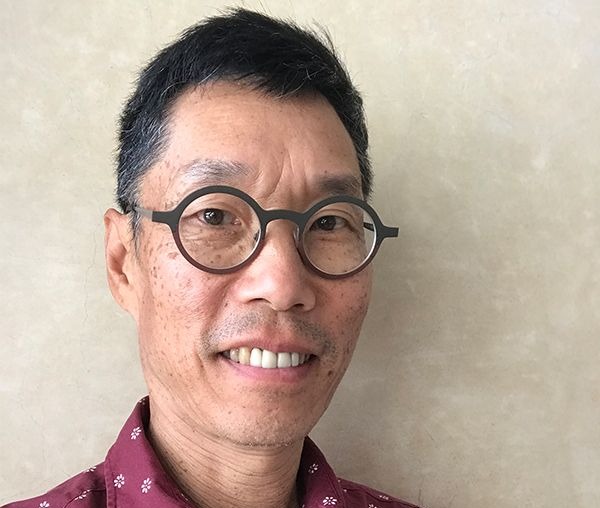
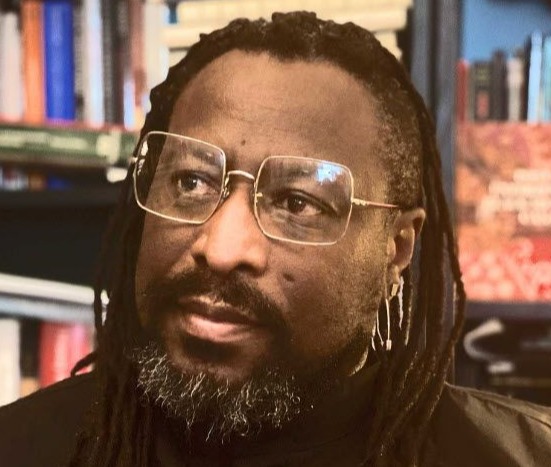


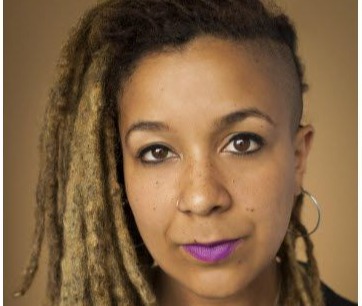
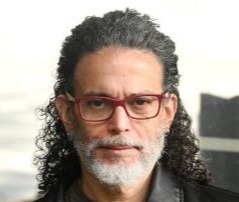
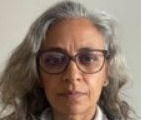
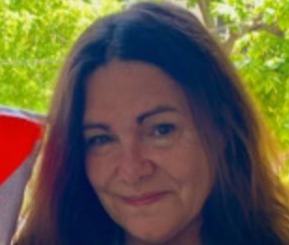
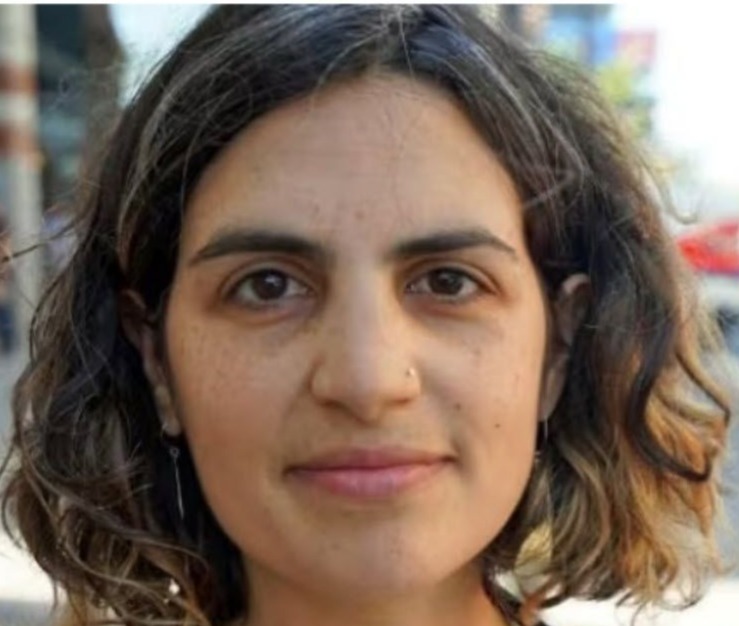


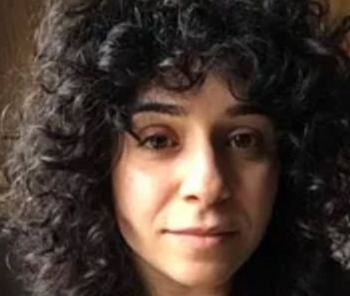
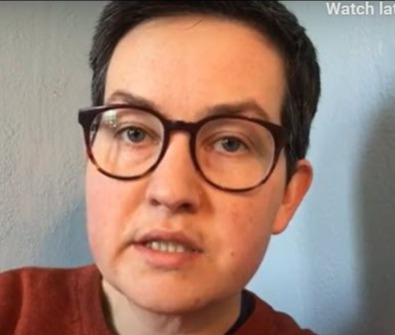
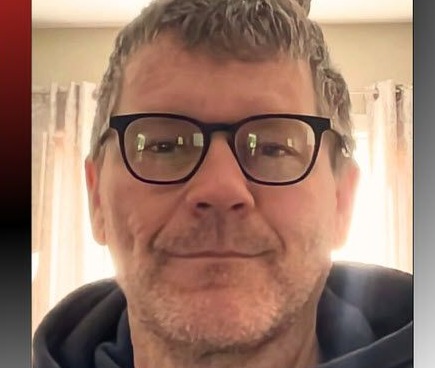
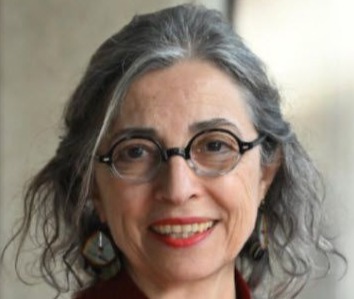
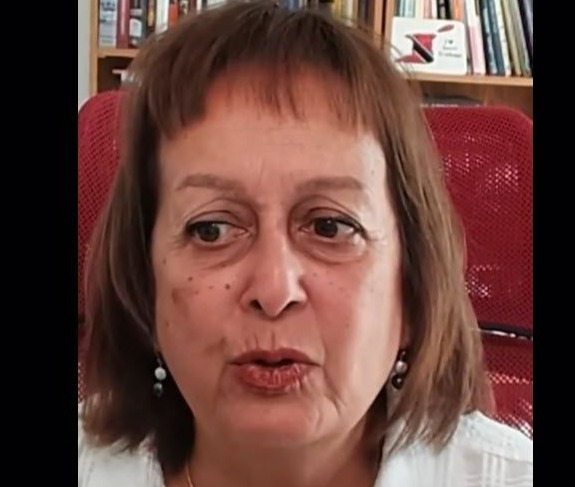
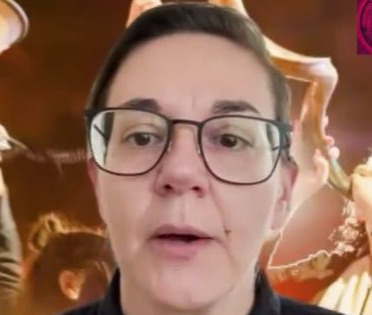

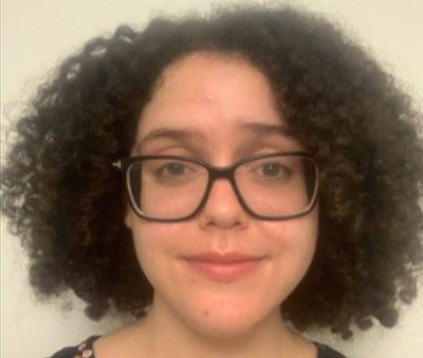
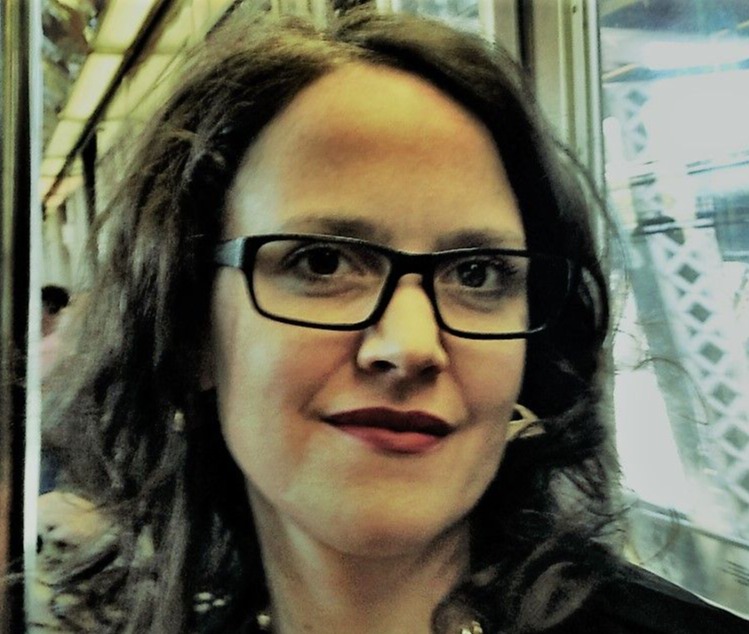




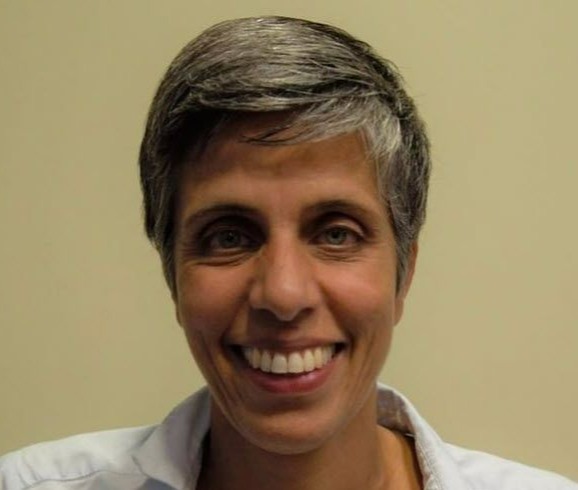


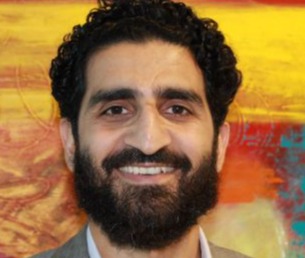
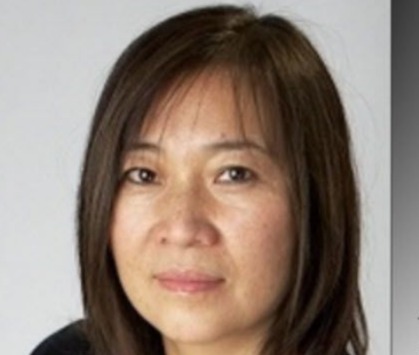
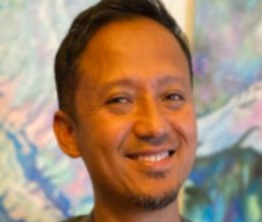
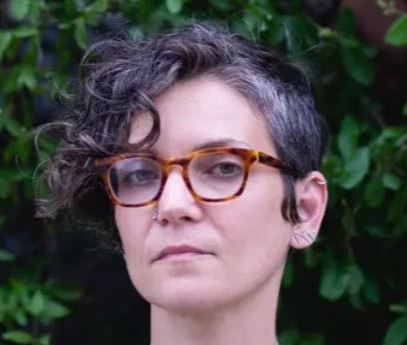
Featured Students
Featured Outside Agitators
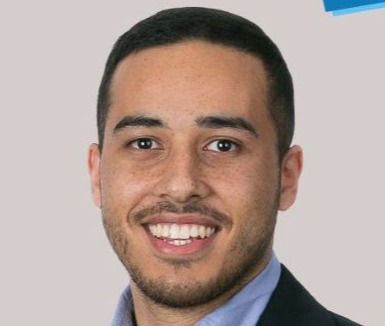
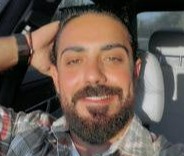
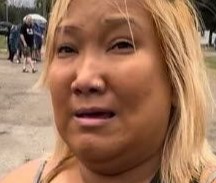
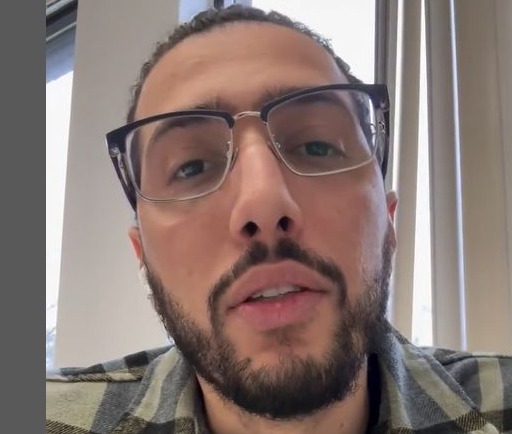
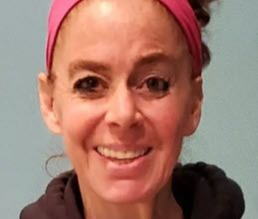
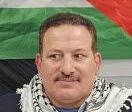
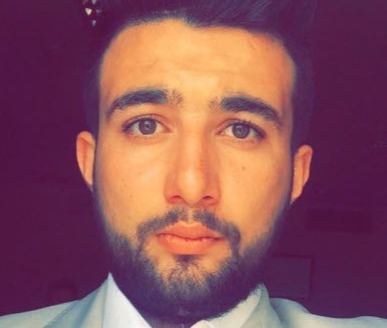
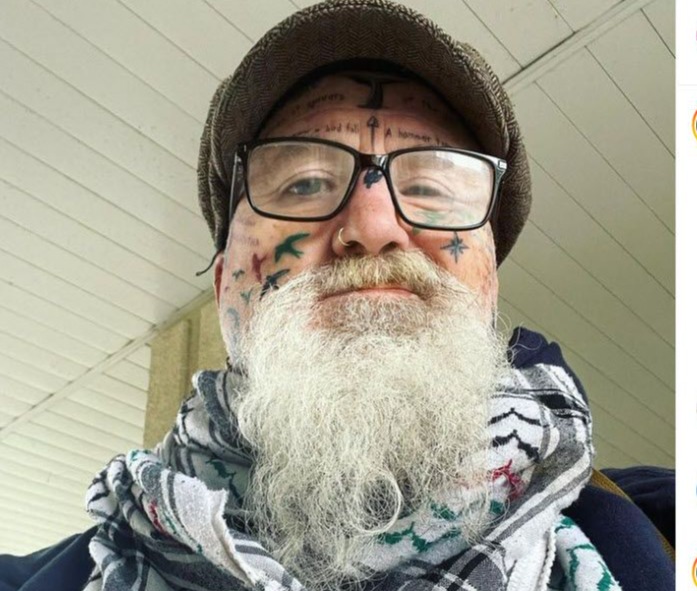

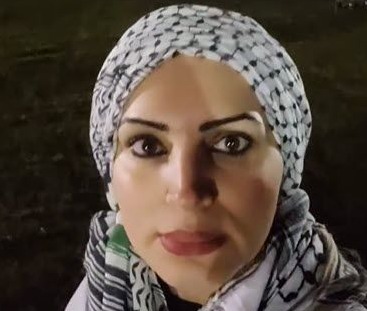
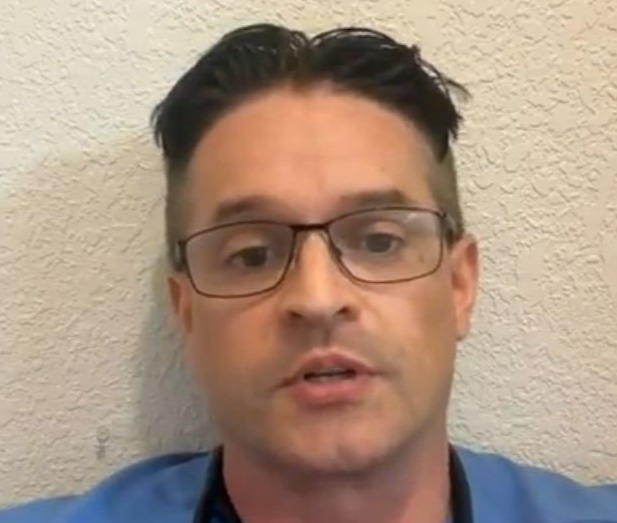
_203x172_kK6aDF.jpg)

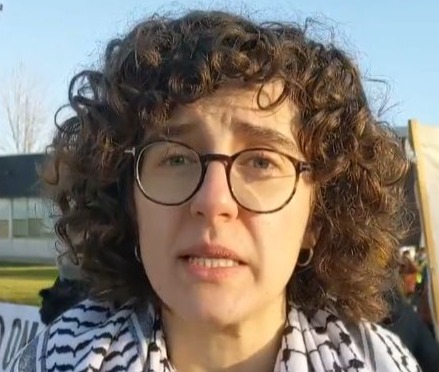
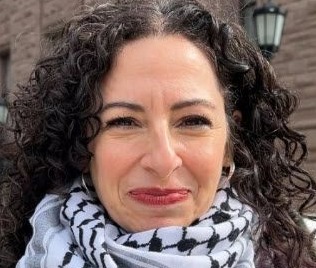

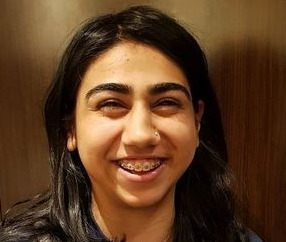
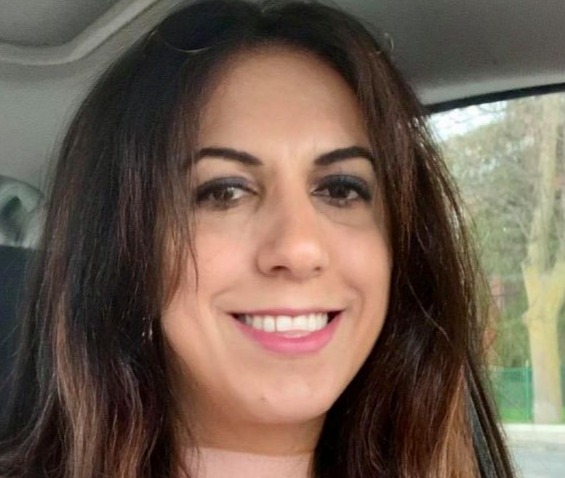
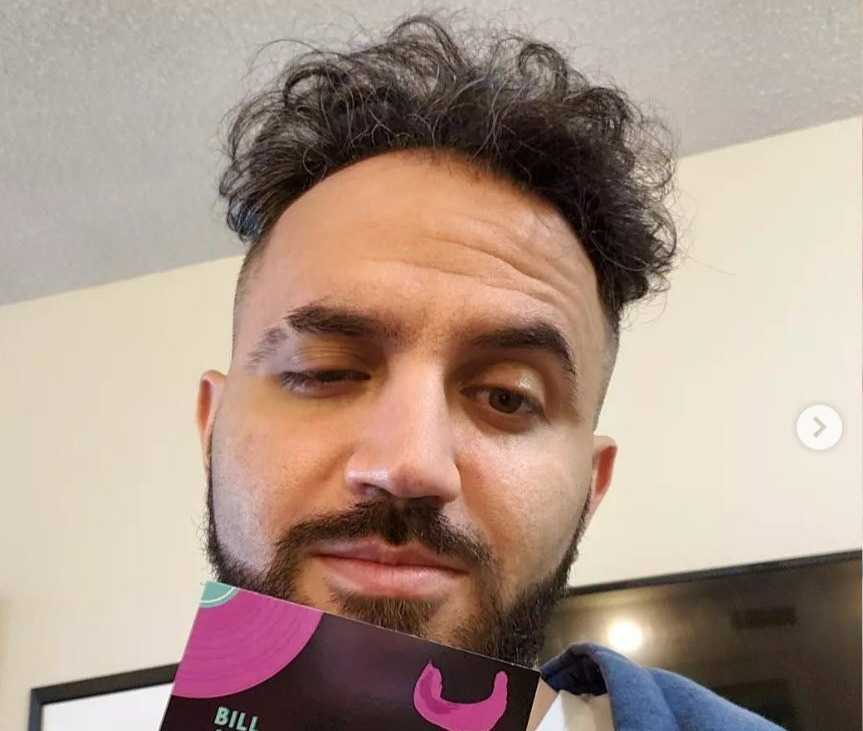

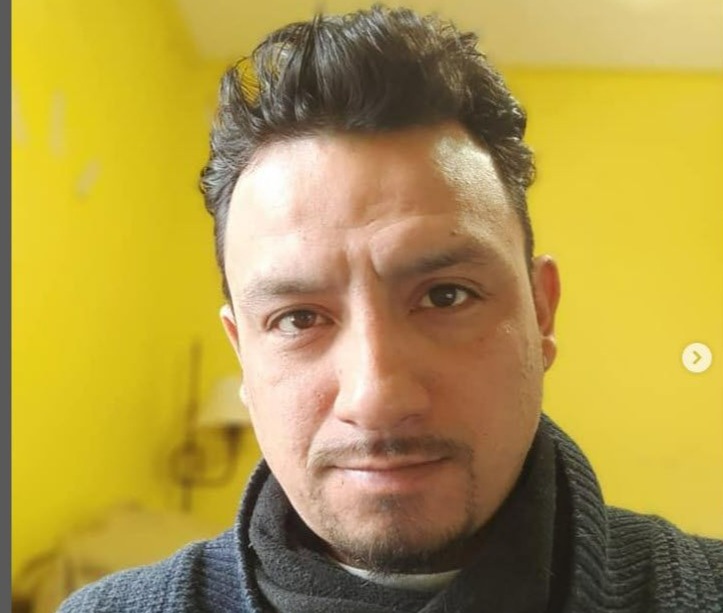
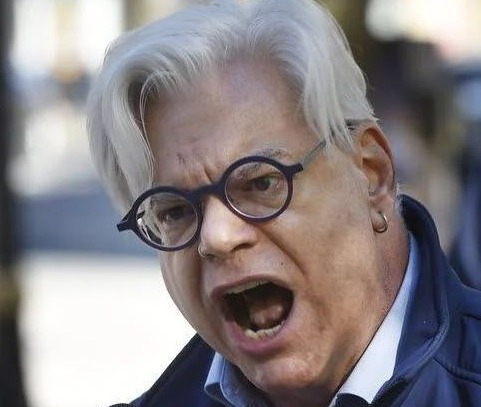
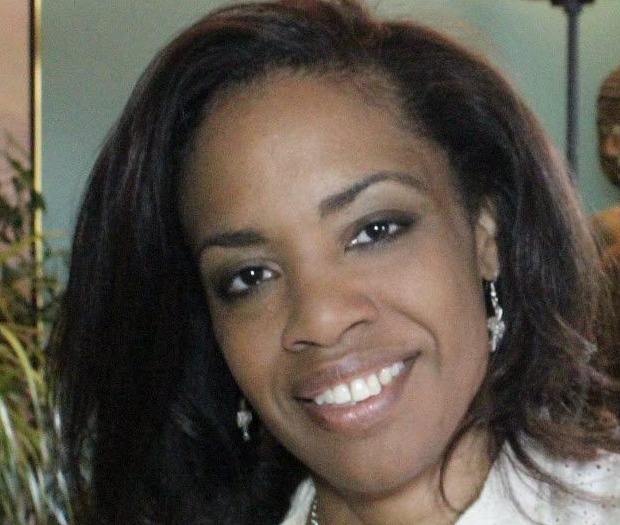
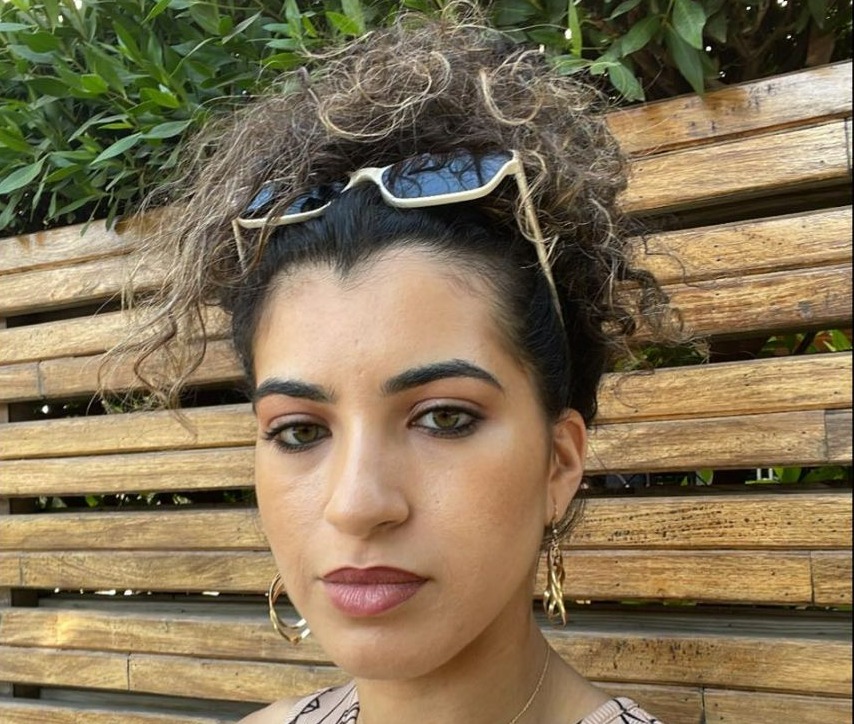
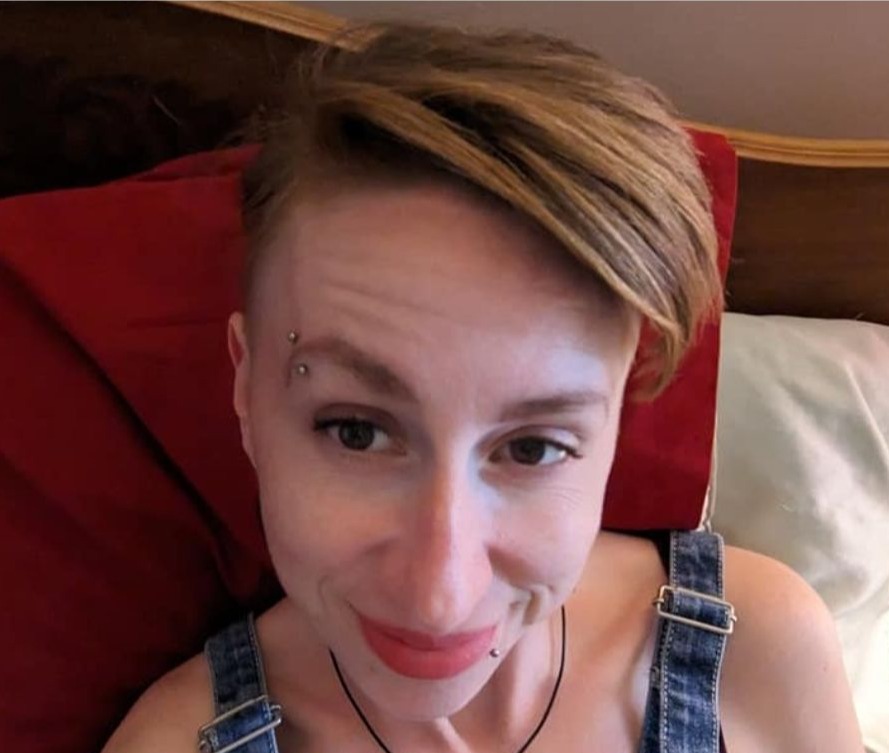
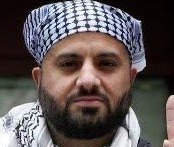
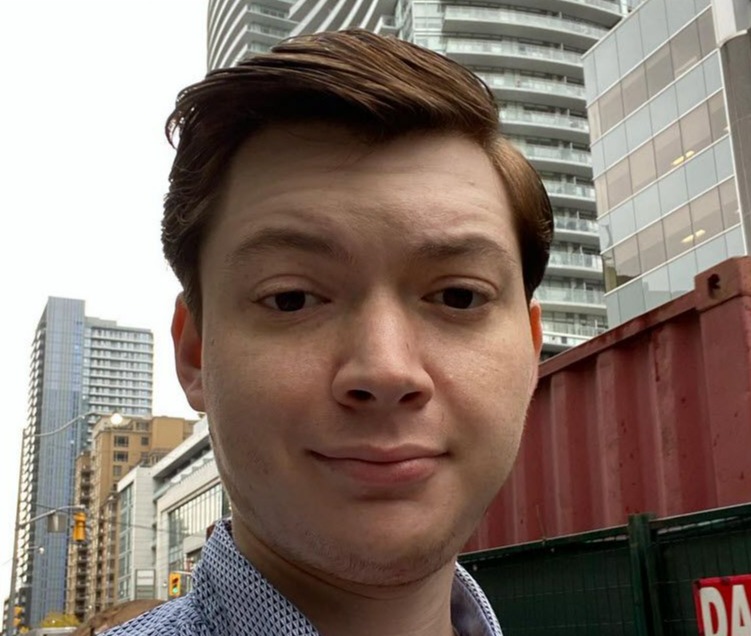
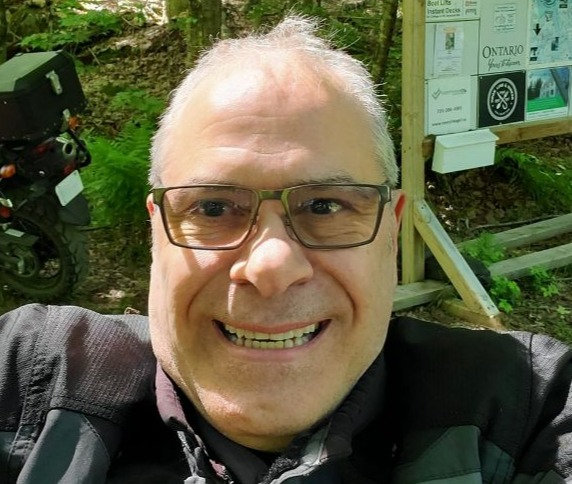
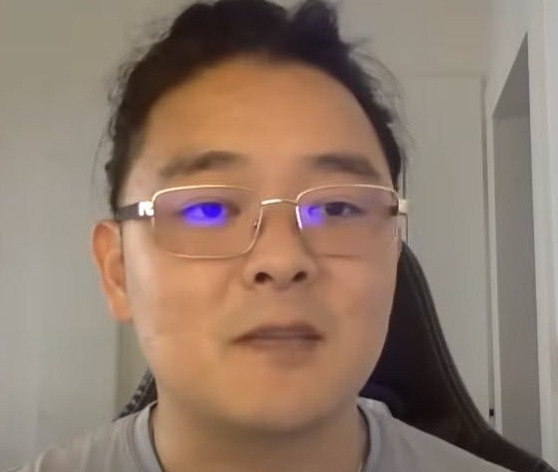

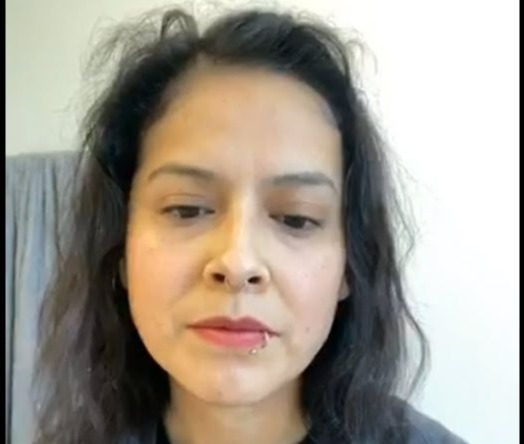
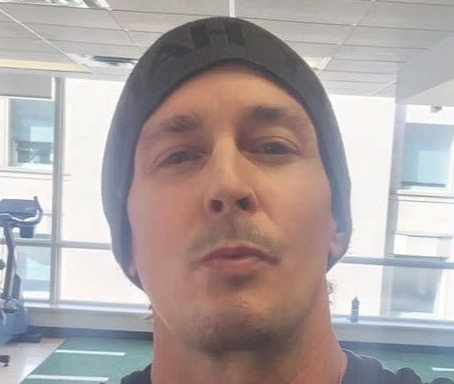
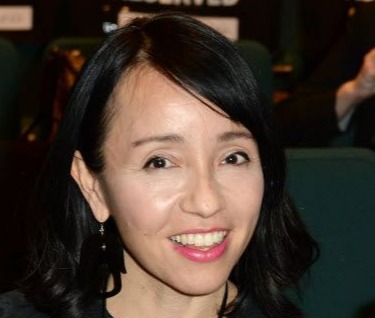

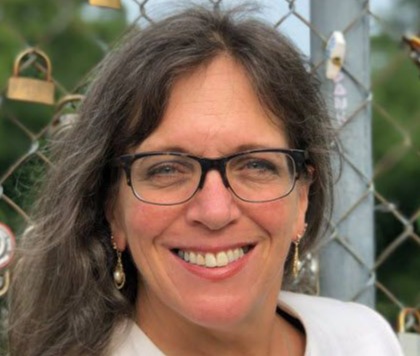
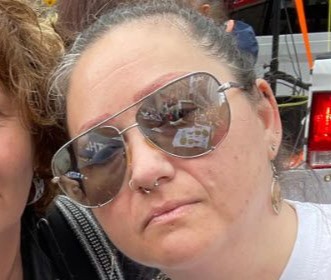
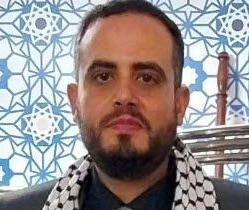

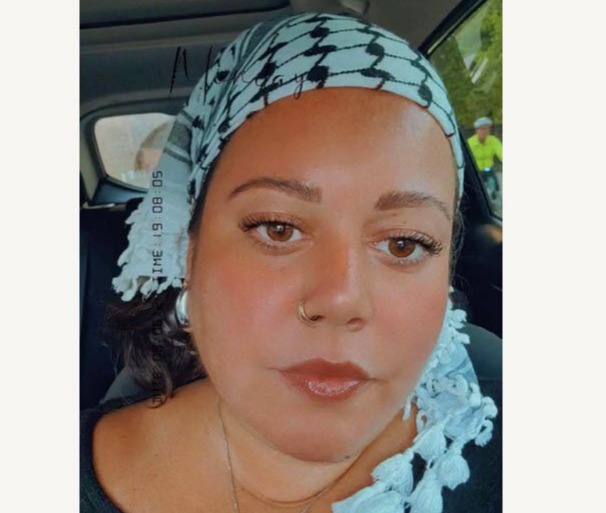
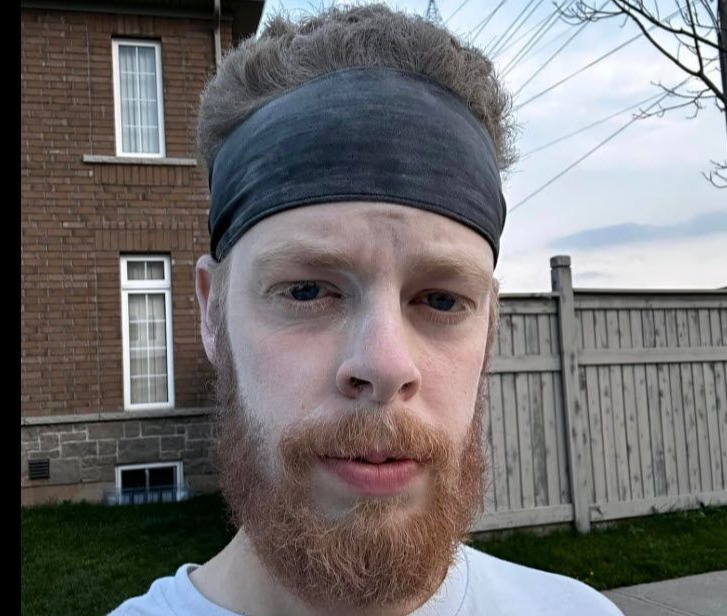

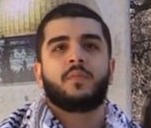
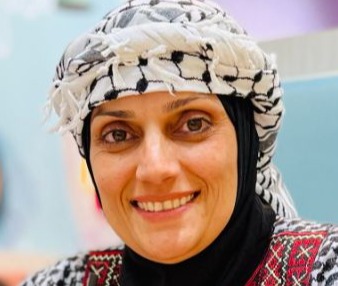
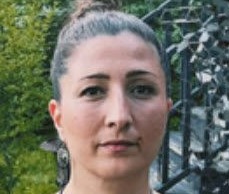
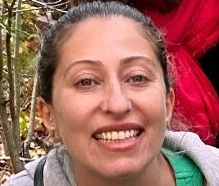

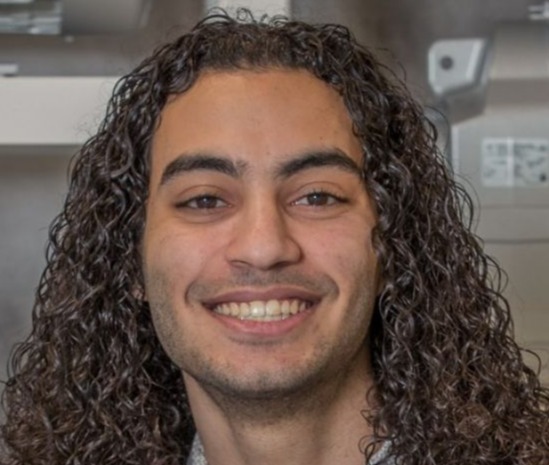

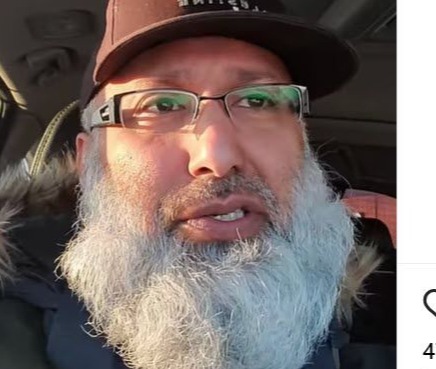
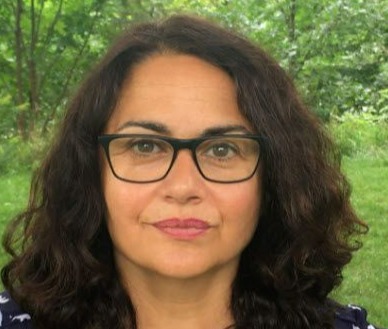

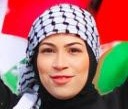
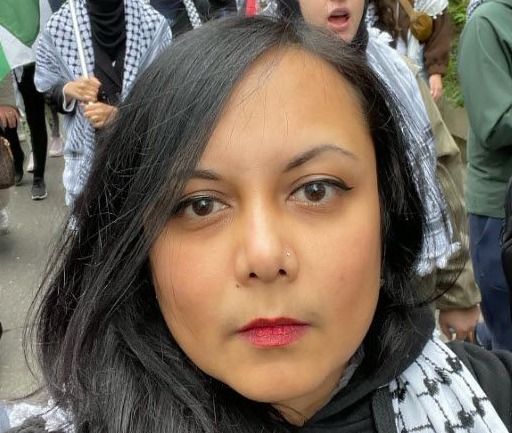
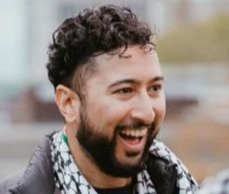
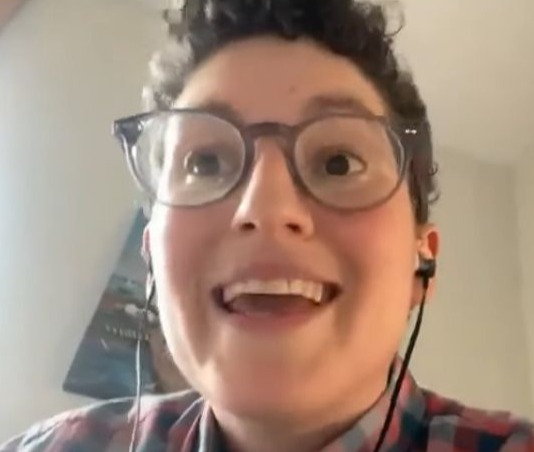
_203x172_lVnZ1F.jpg)
